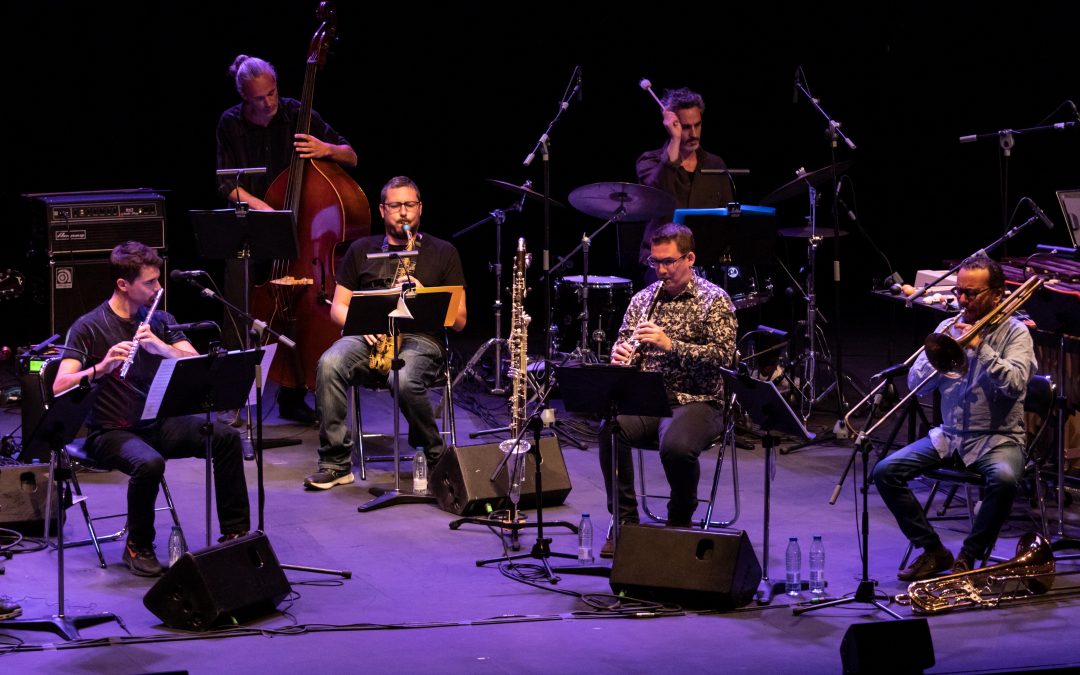
Ernesto Aurignac Ensemble “PLUTÓN” Festival JAZZMADRID20
Ernesto Aurignac Ensemble “PLUTÓN” Festival JAZZMADRID20
26
NOVIEMBRE, 2020
Ernesto Aurignac, saxo alto y composiciones/ Pablo Valero, flauta/ José Andrés Fernández Camacho, clarinete y clarinete bajo/ Alejandro Revidiego, violín/ Dani Anarte, trombón, y trombón bajo/ Gon Navarro, guitarra y efectos/ Nestor Pamblanco, vibráfono, marimba/ Moisés P. Sánchez, piano/ Joan Masana, contrabajo/ Juanma Nieto, batería.
Texto: Begoña Villalobos
Fotografía: FESTJAZZMADRID20
Tenemos la idea irracional de que el ser humano tiene poder sobre el universo. Esa, a veces, patología de omnipresencia autorreferencial en la que todos en algún momento creemos, encierra parte de la esencia de la vida.
La complementariedad de los contrarios, de los opuestos contenidos en el otro. Lo infinito, inabarcable, conectado con lo minúsculo. Todo esto viene a cuento de Plutón, la obra más reciente, escrita para nueve instrumentos por el compositor y alto saxofonista malagueño Ernesto Aurignac, que presentó en el Fernán Gómez dentro del marco del Festival Internacional de JazzMadrid20.
Ernesto Aurignac plays Charlie Parker with Strings (Teatro Cervantes)
Ernesto Aurignac narra una línea composicional de conexión entre los opuestos. Una historia o muchas historias que tienen que ver con la belleza de lo pequeño y de lo mayúsculo, de lo simple y de lo complejo. Escribe Plutón por encargo de Pepe Mompeán, para el Festival Internacional de Arte Sacro de Madrid (FIAS).
Los elementos compositivos e interpretativos oscilan desde una línea mínima protagonizada por la conversación tranquila y elegante entre dos instrumentos hasta un desarrollo de concepto sinfónico. El hilo conductor es la evolución de un motivo hacia pasajes de ricas melodías y elaboradas texturas de gran coherencia interna que nos trasladan a otros mundos.
“Solo imagino otros mundos y otros sonidos. Mi sonido es algo muy abstracto porque no pienso en ninguna pauta. Es lo que tengo en mi mente. Lo más interesante es lo que experimenta el oyente”, cuenta Ernesto Aurignac.
El compositor presenta, en el Auditorio Fernán Gómez, diecisiete temas originales escritos para una formación de nueve instrumentos, de una obra que busca ir más allá del jazz contemporáneo y de la música clásica. El título habla por sí mismo, Plutón, un viaje de exploración sonora, una obra evocadora, cinematográfica. A veces de suave e íntimo diálogo de música de cámara que se transforma en profundos desarrollos orquestales de dilatadas cadencias bien articuladas. Para ello Ernesto Aurignac contó en el concierto con el pianista madrileño, Moisés P. Sánchez, un maestro de la orquestación. Junto con Pablo Valero, flauta, José Andrés Fernández Camacho, clarinete y clarinete bajo, Alejandro Revidiego, violín, Dani Anarte, trombón, y trombón bajo, Gon Navarro, guitarra y efectos, Nestor Pamblanco, vibráfono, marimba, Moisés P. Sánchez, piano, Joan Masana, contrabajo, y Juanma Nieto a la batería.
Ernesto Aurignac dedica el último tema titulado Ser de Luz y escrito para él, a la memoria del trombonista valenciano Toni Belenguer.
Con Plutón, el compositor desarrolla una obra de gran envergadura con amplitud de colores, dejando total libertad al oyente para que experimente su viaje personal.
«Lover Man» – Ernesto Aurignac Quartet

26 de Noviembre de 2020

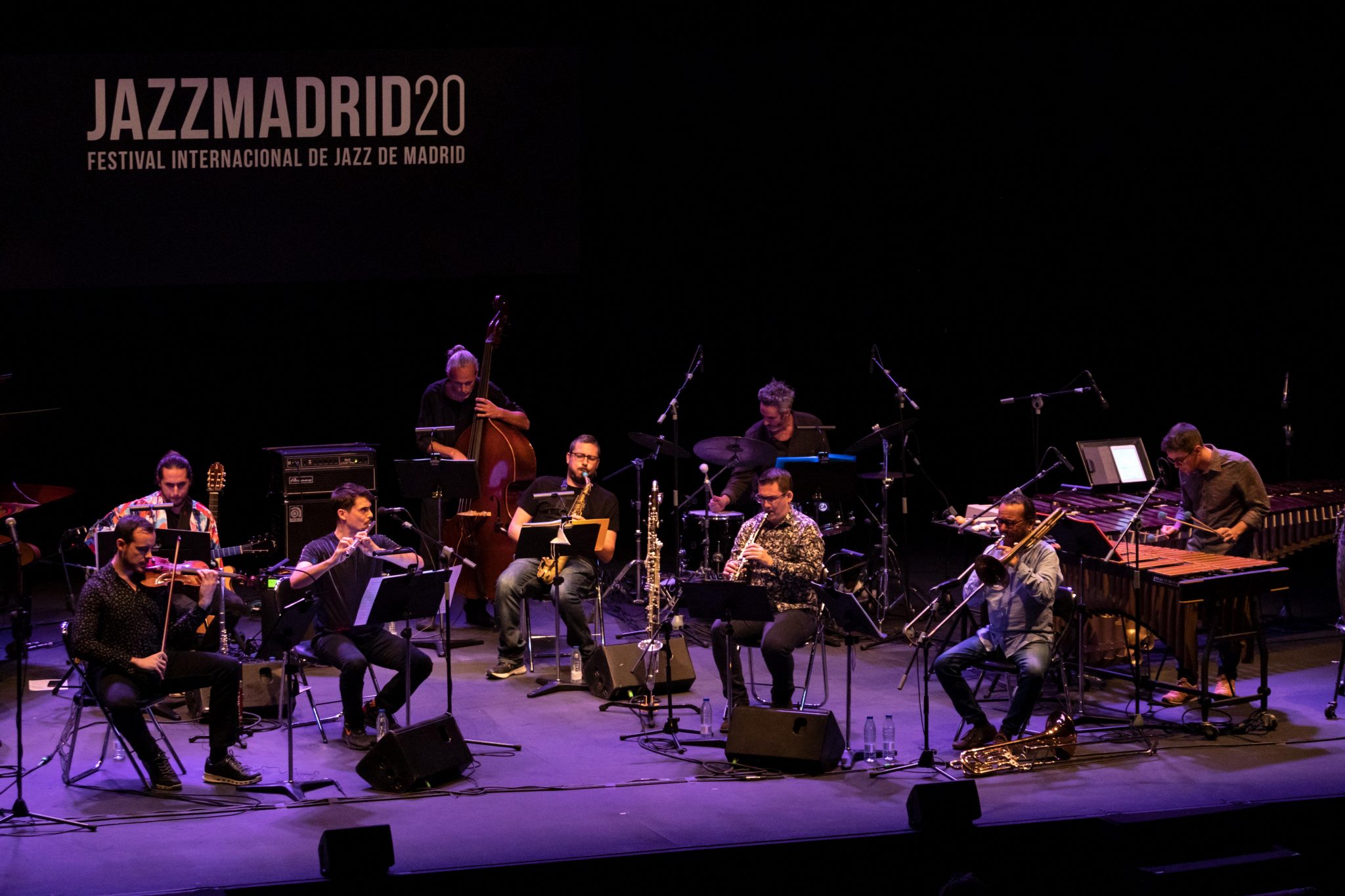
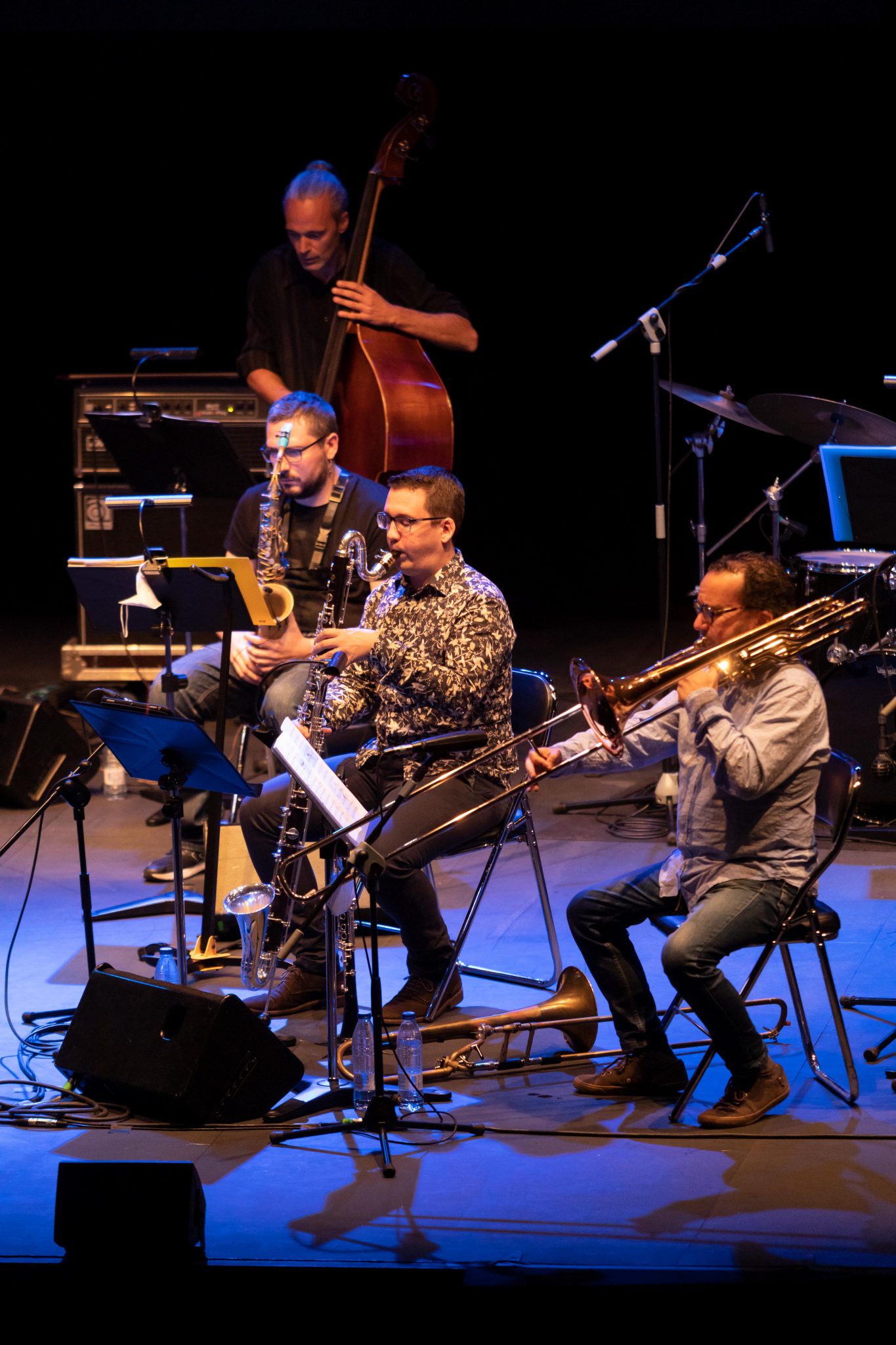
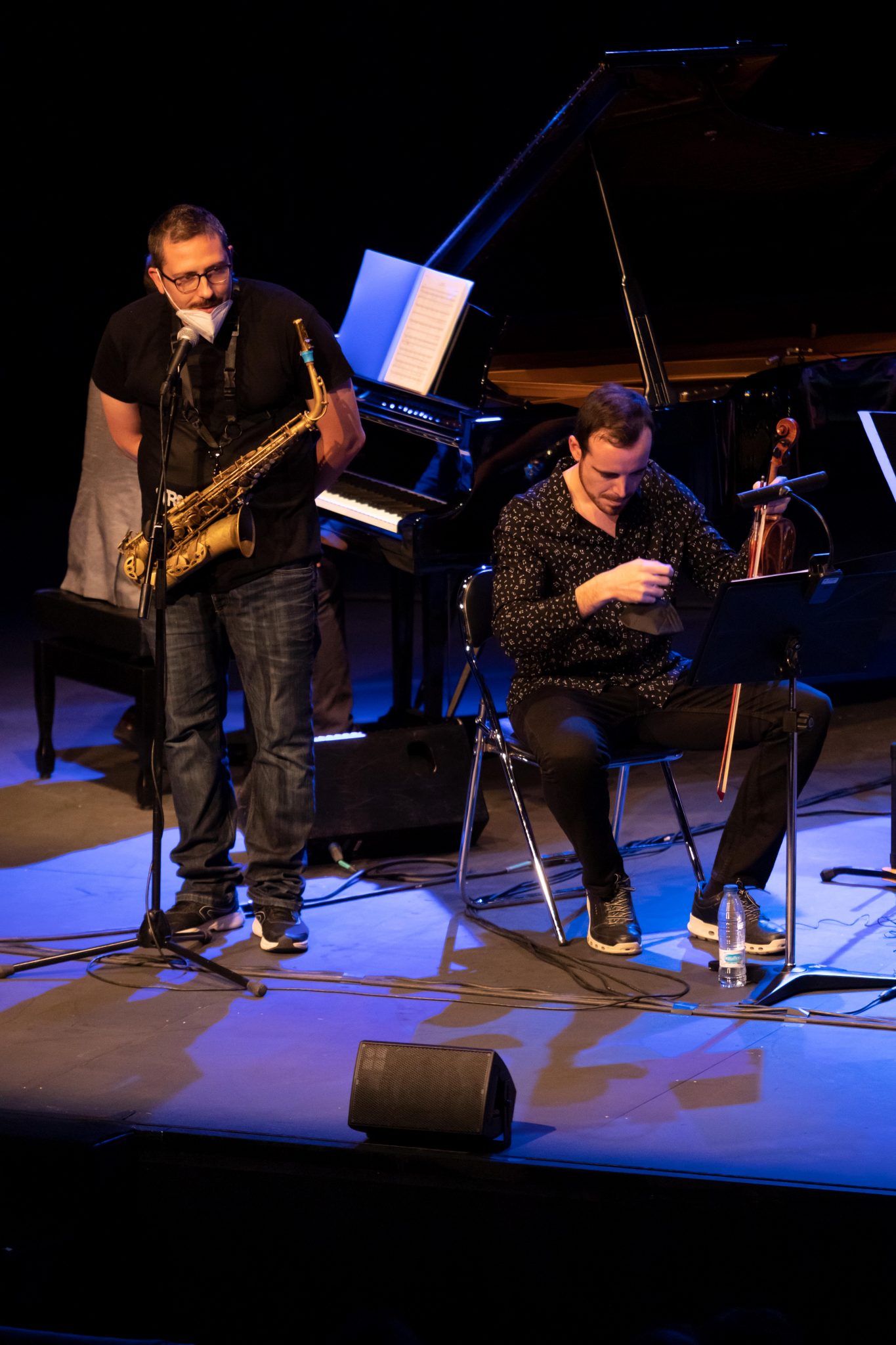
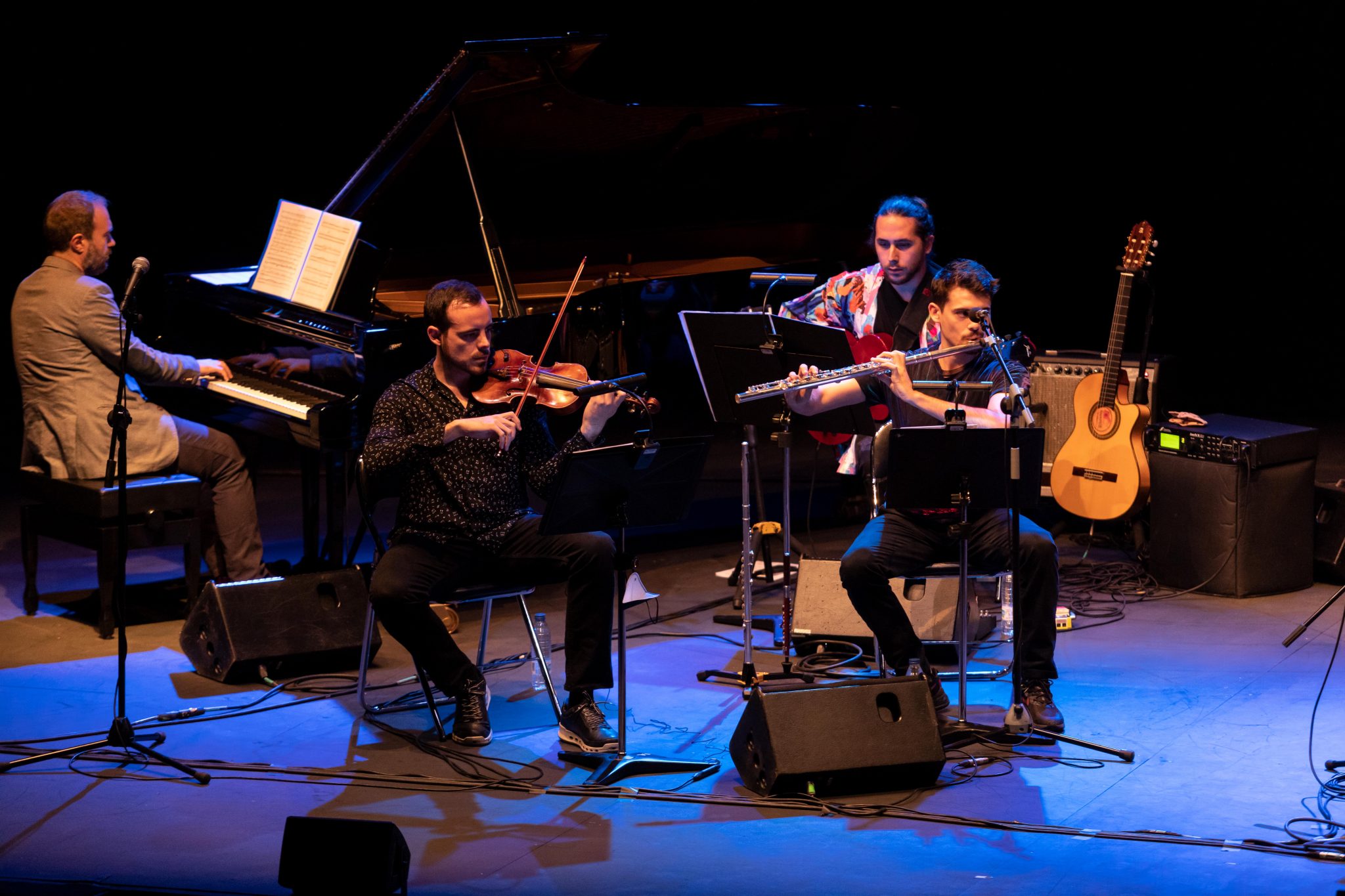
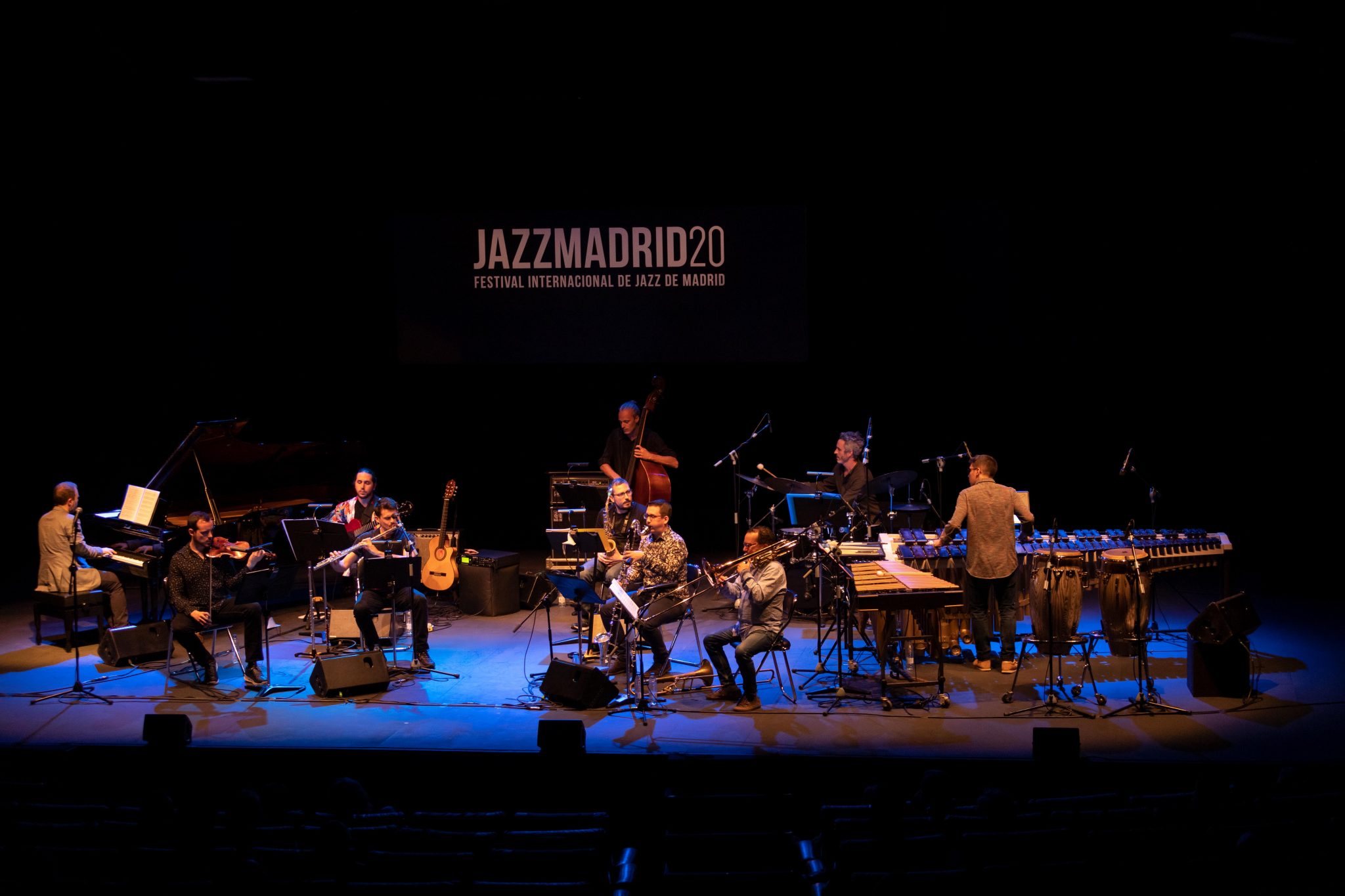
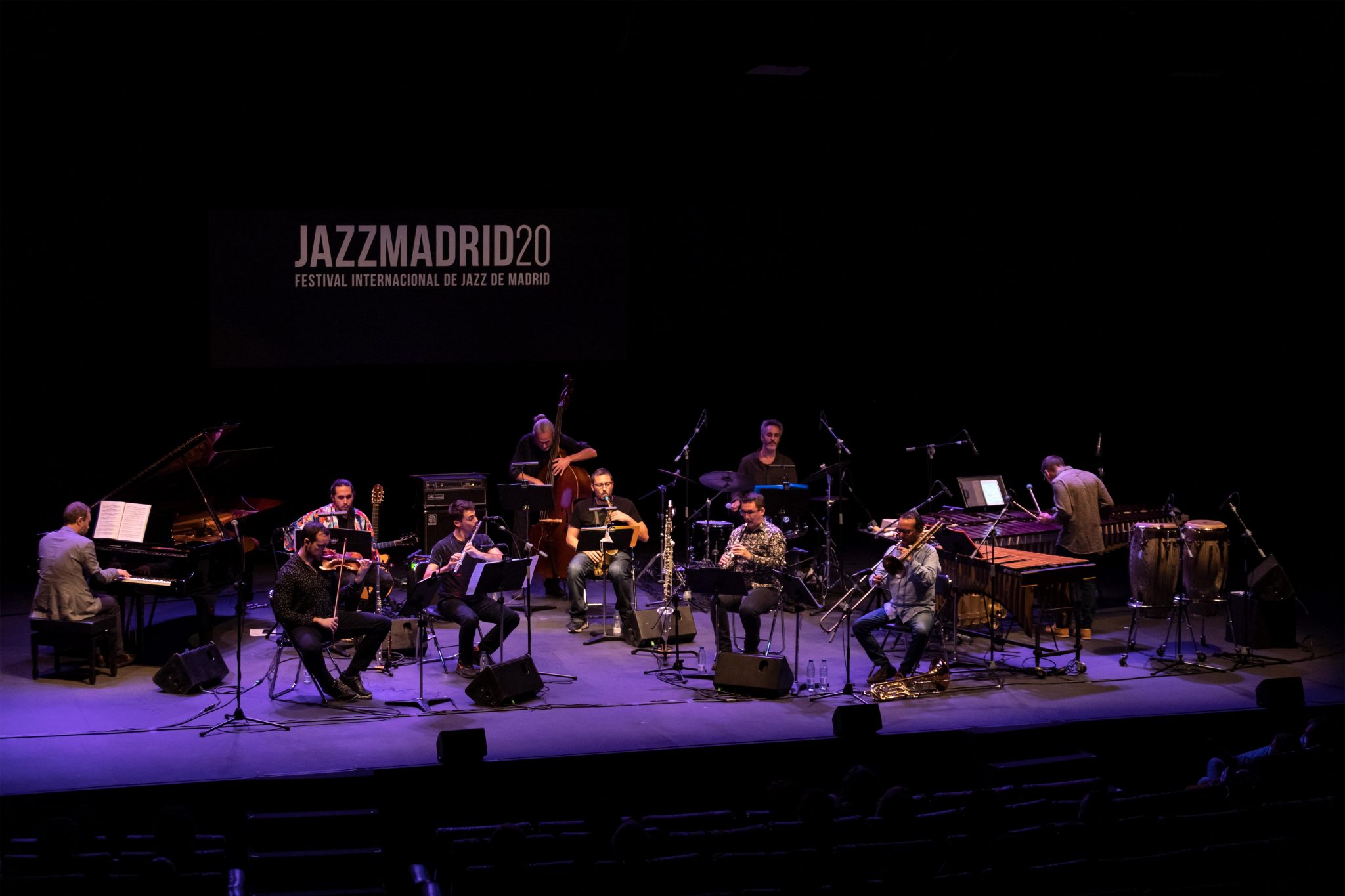
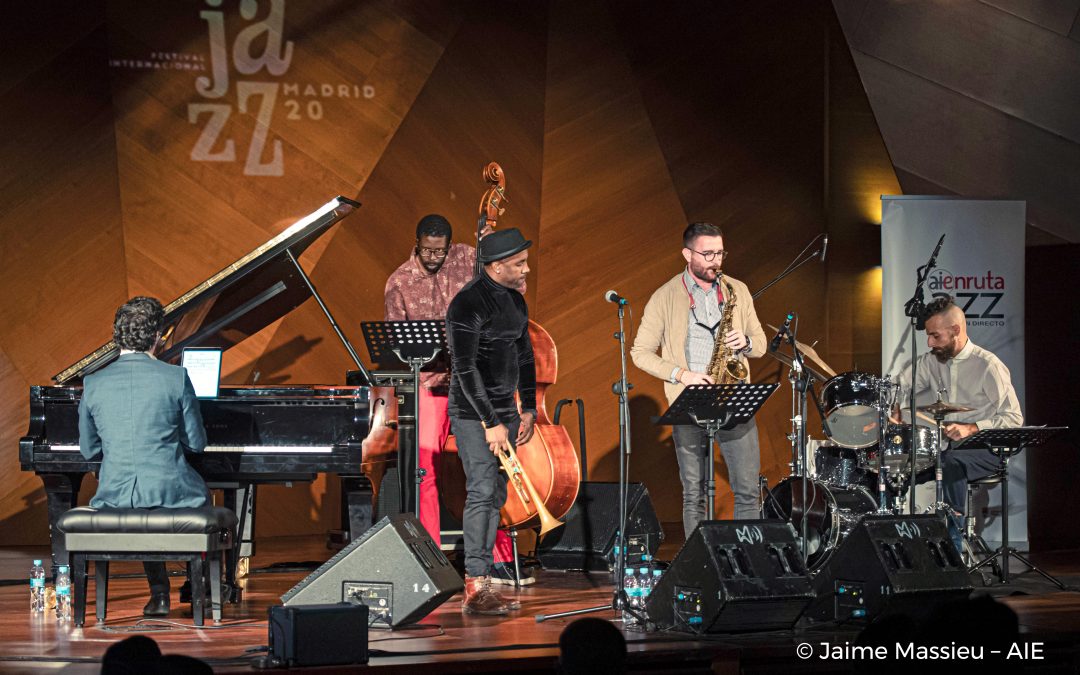

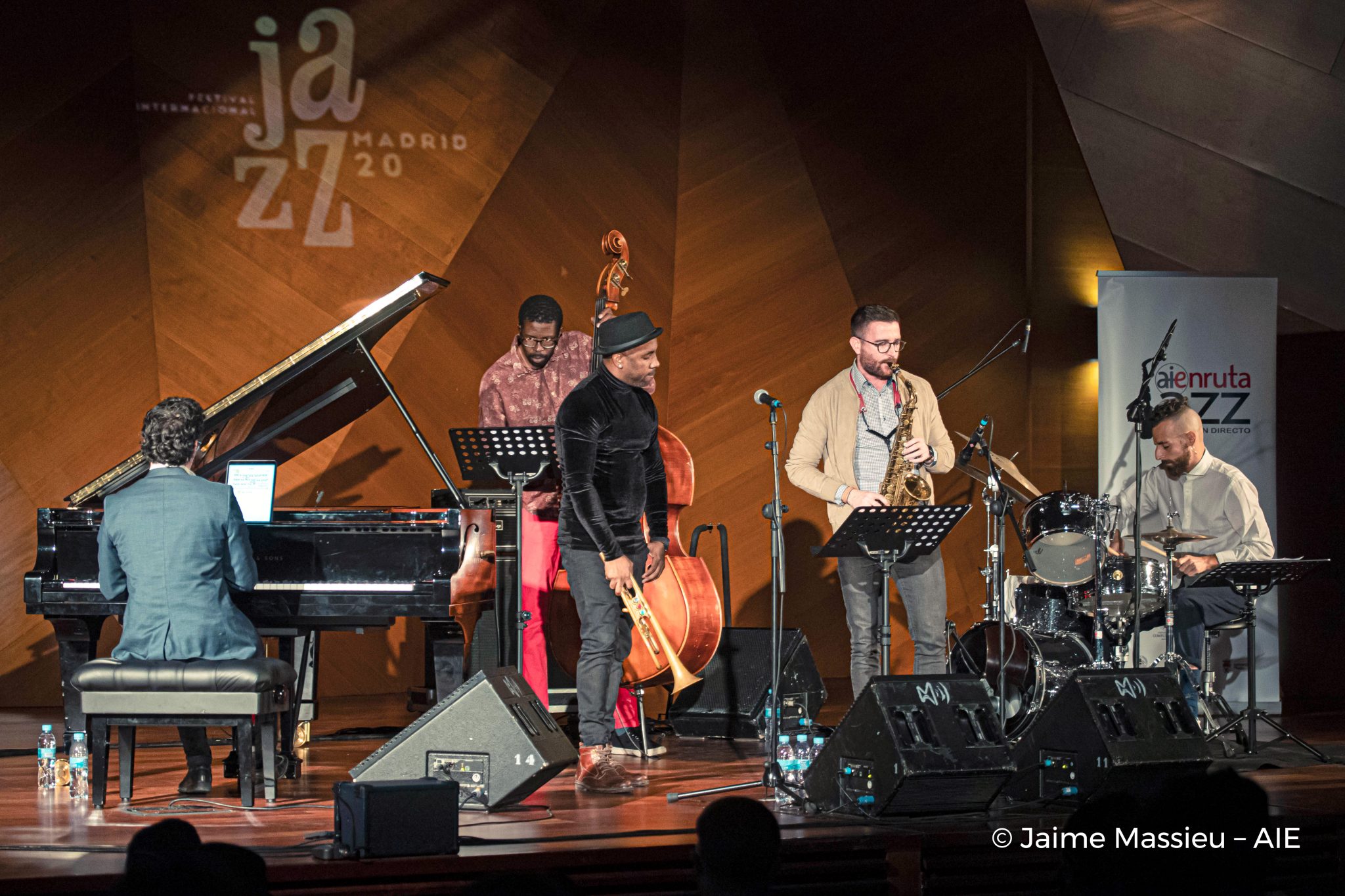
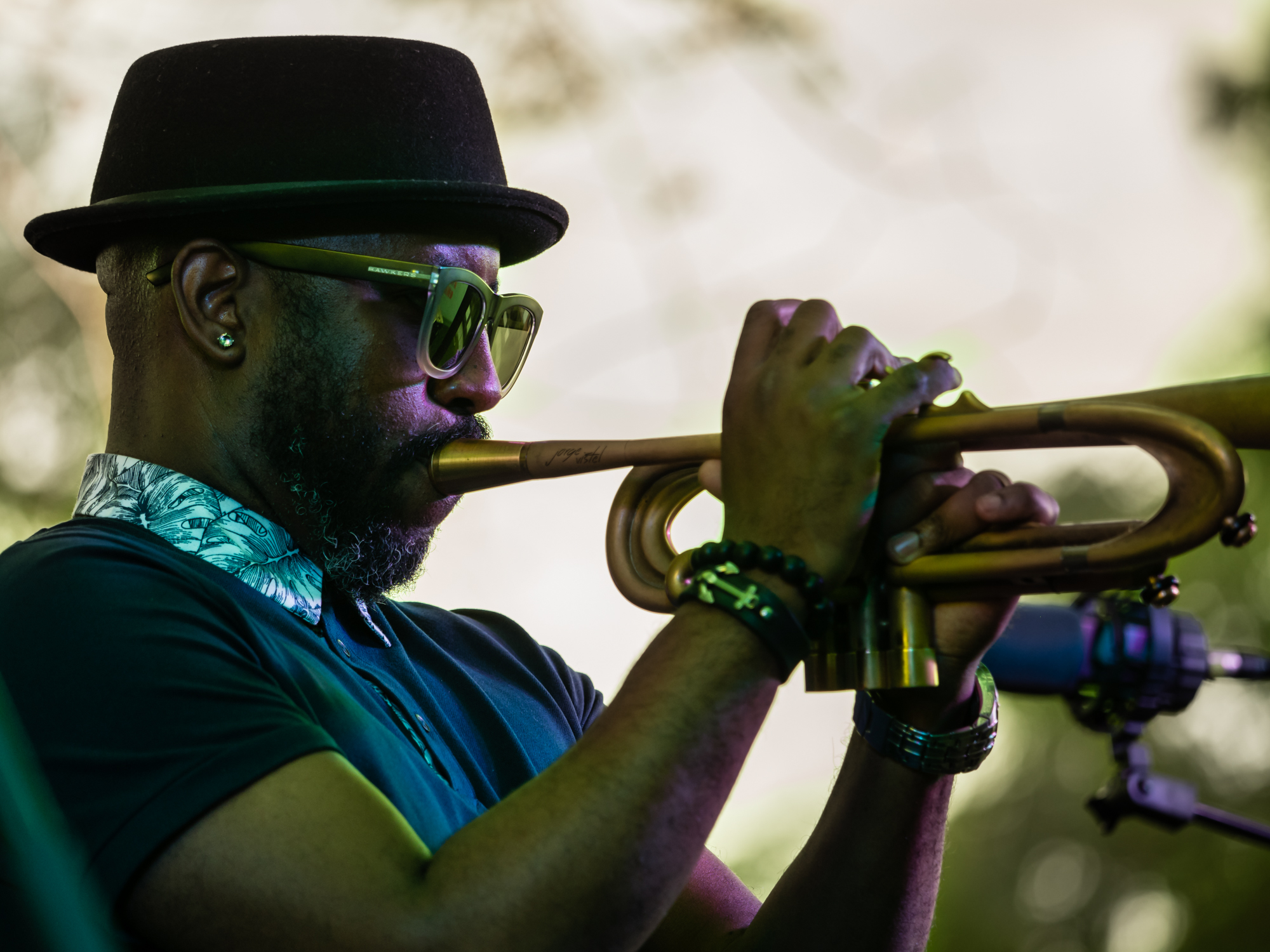
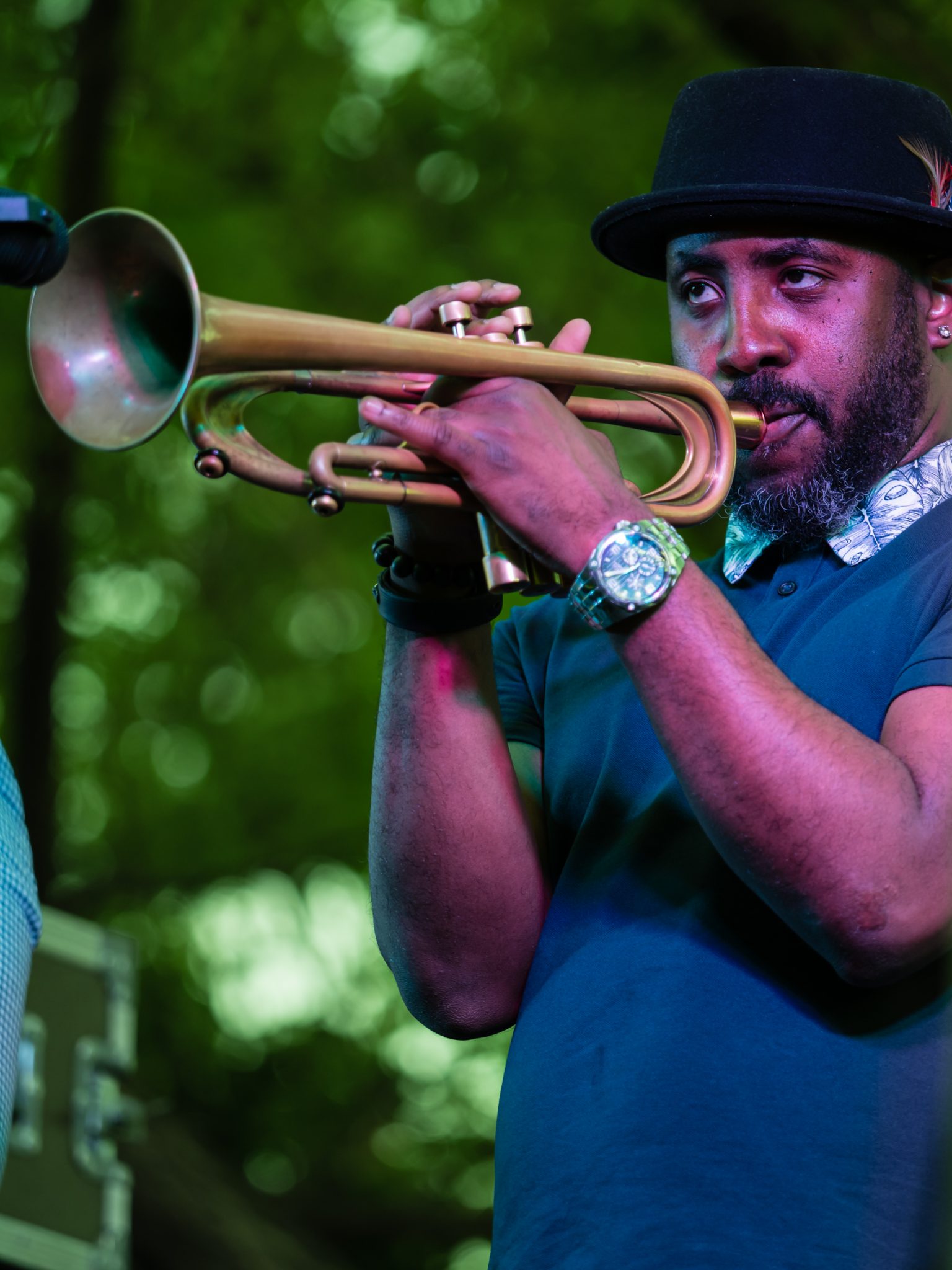
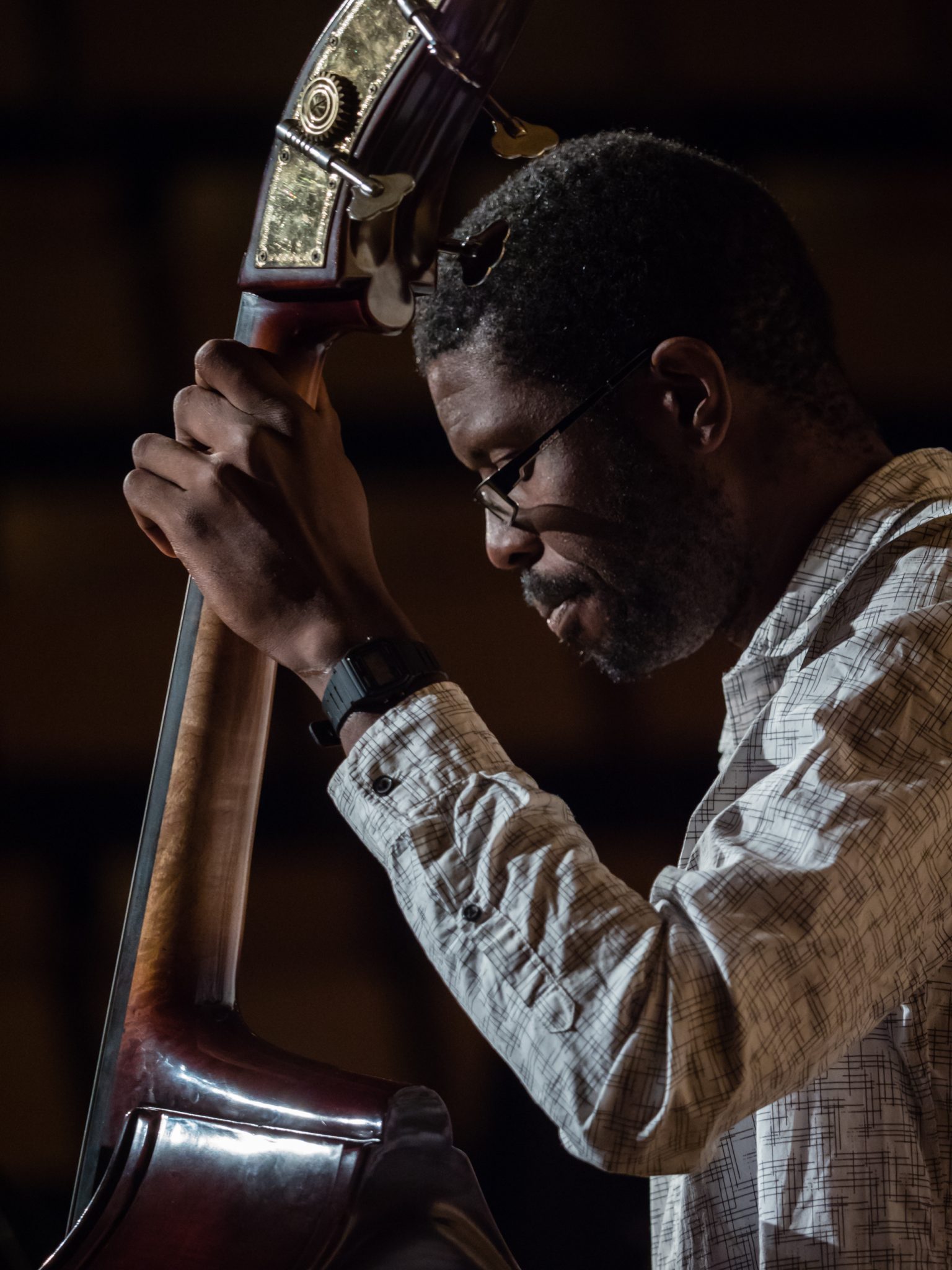
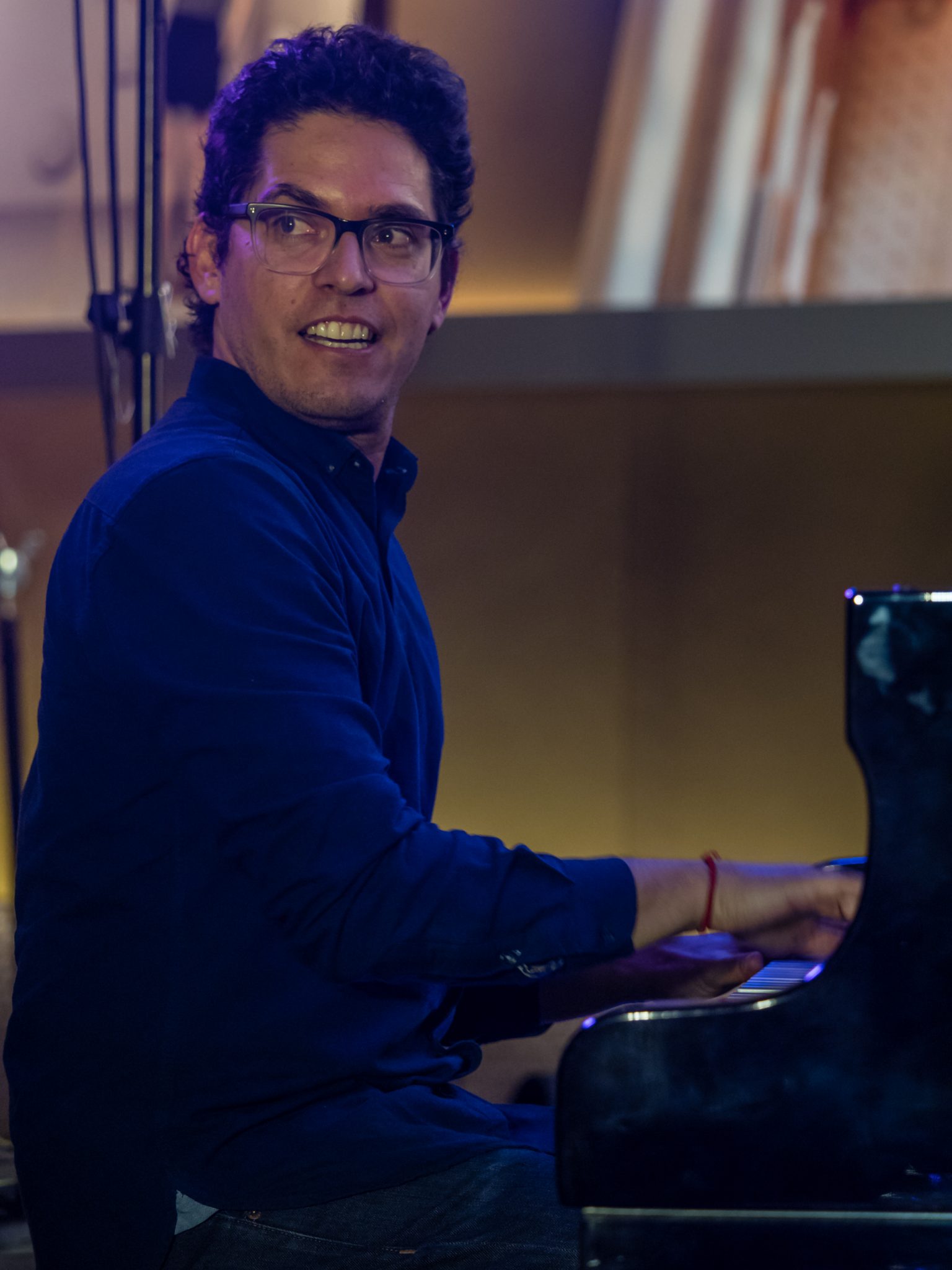
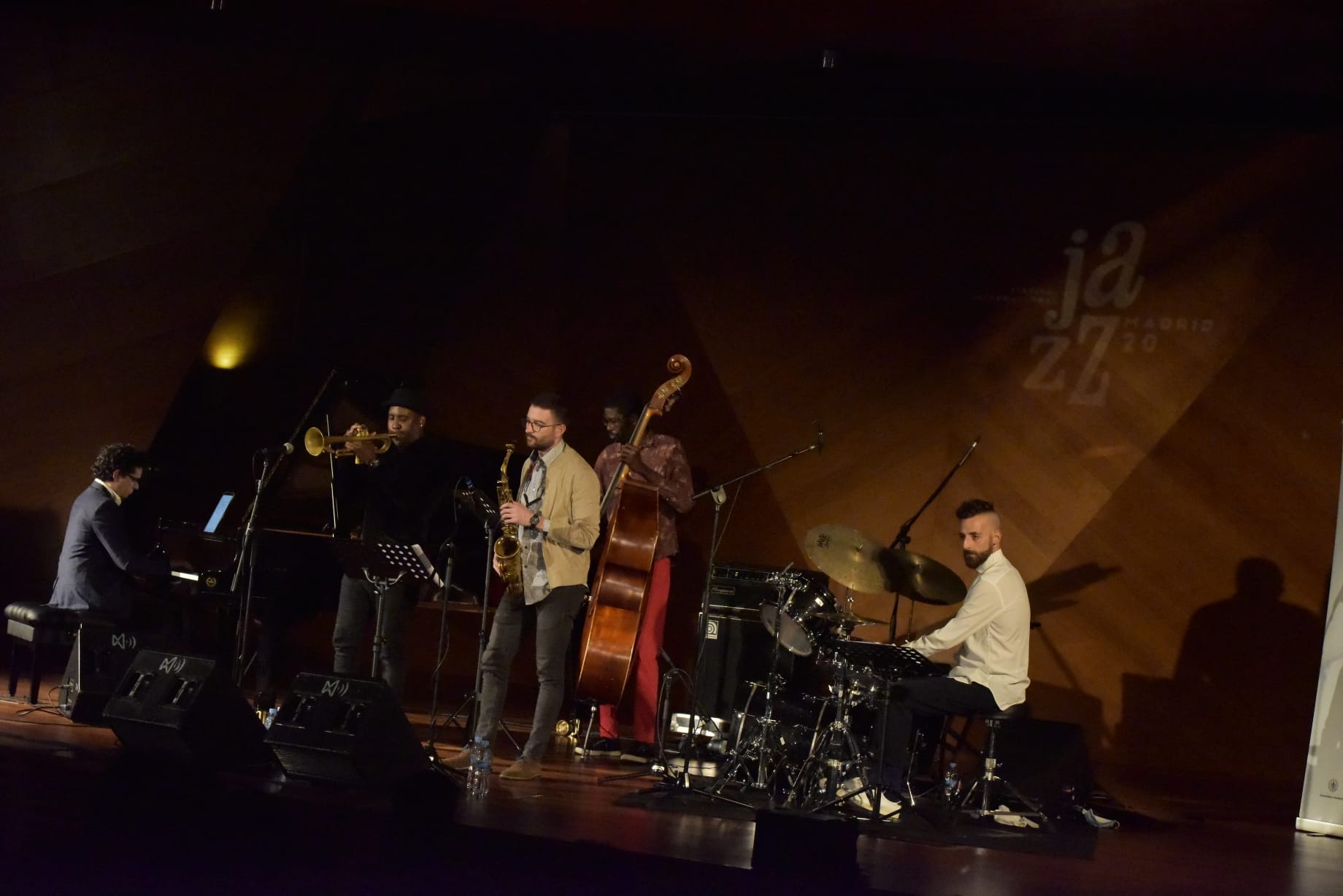
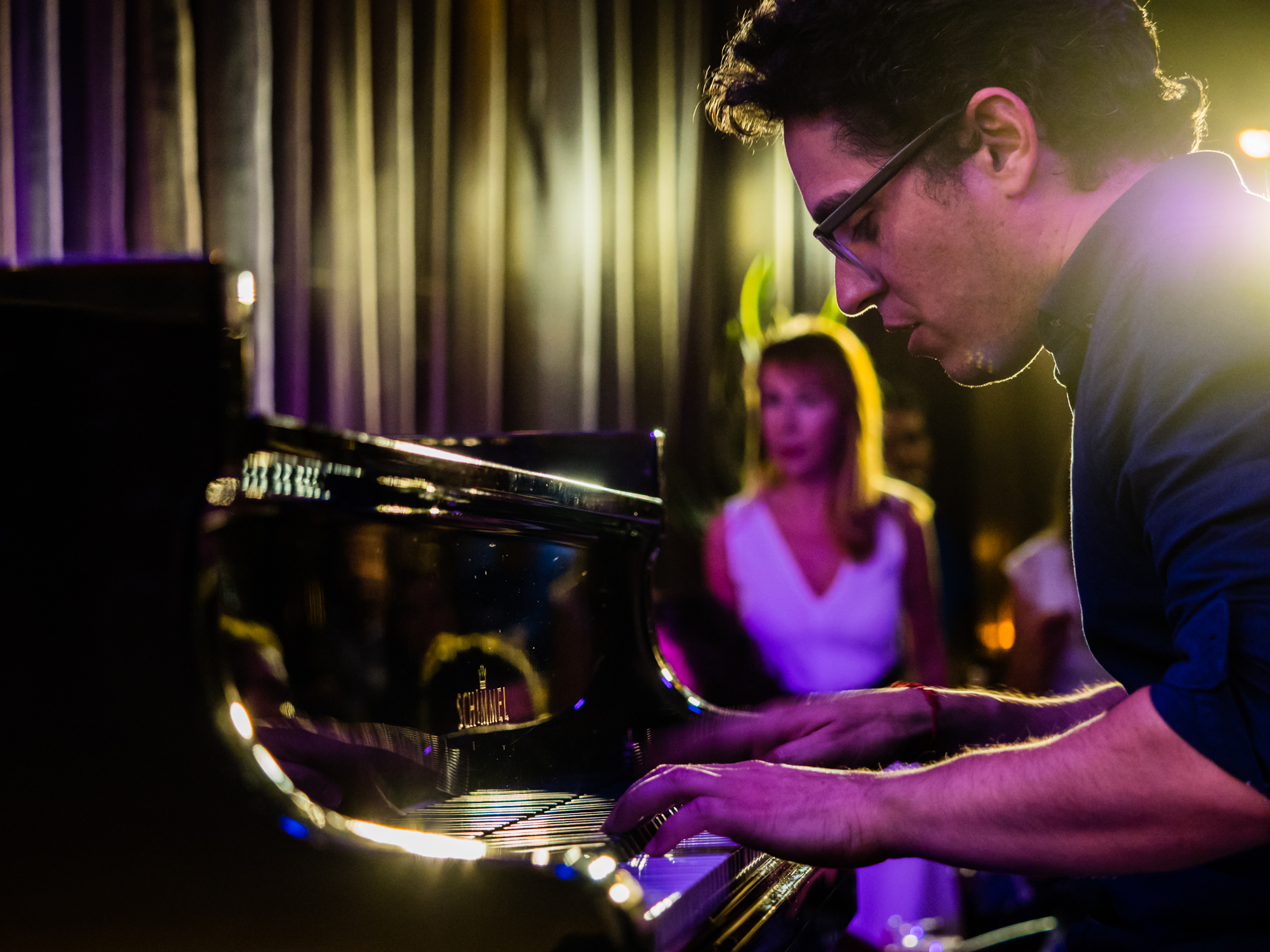

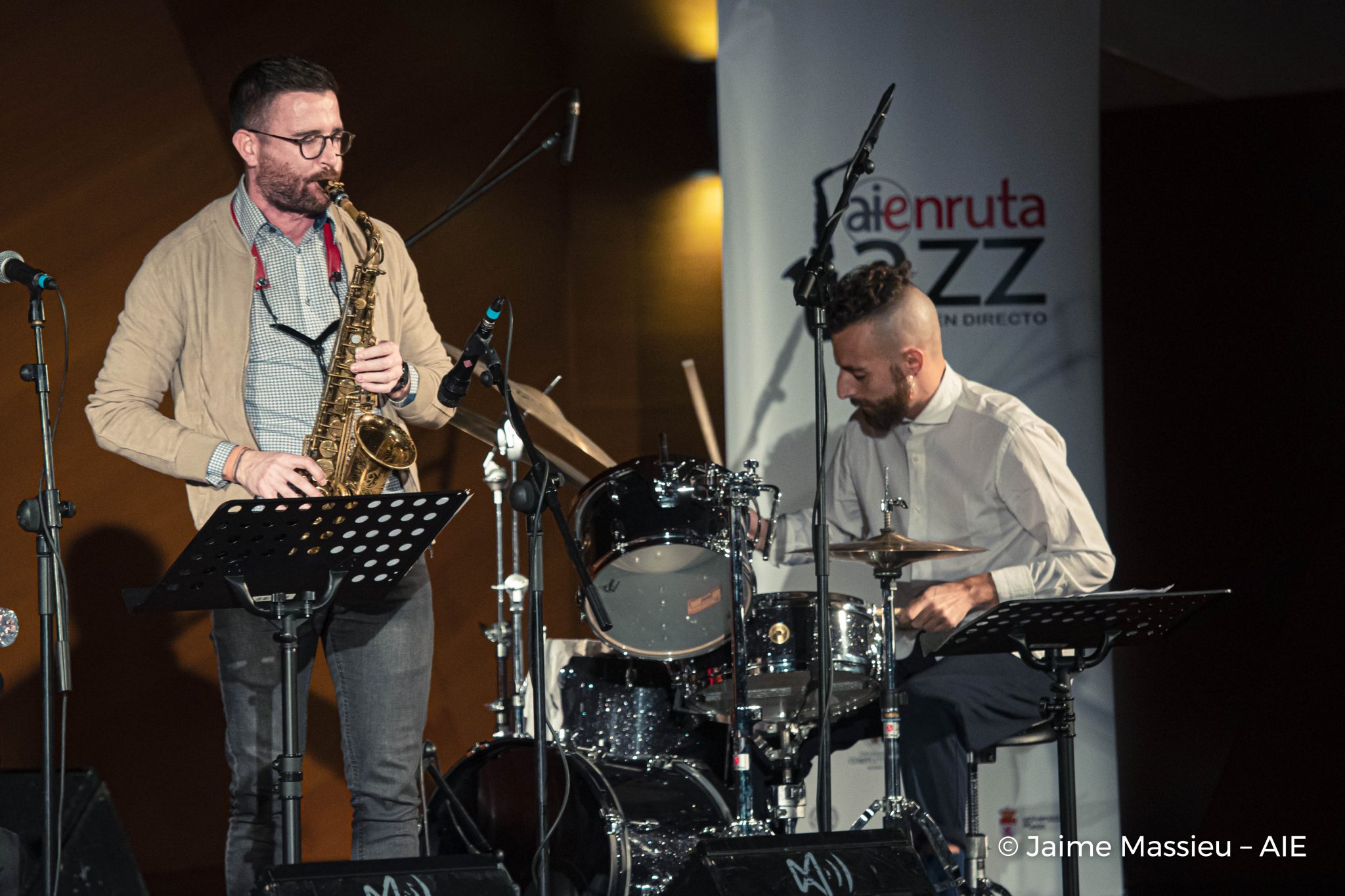
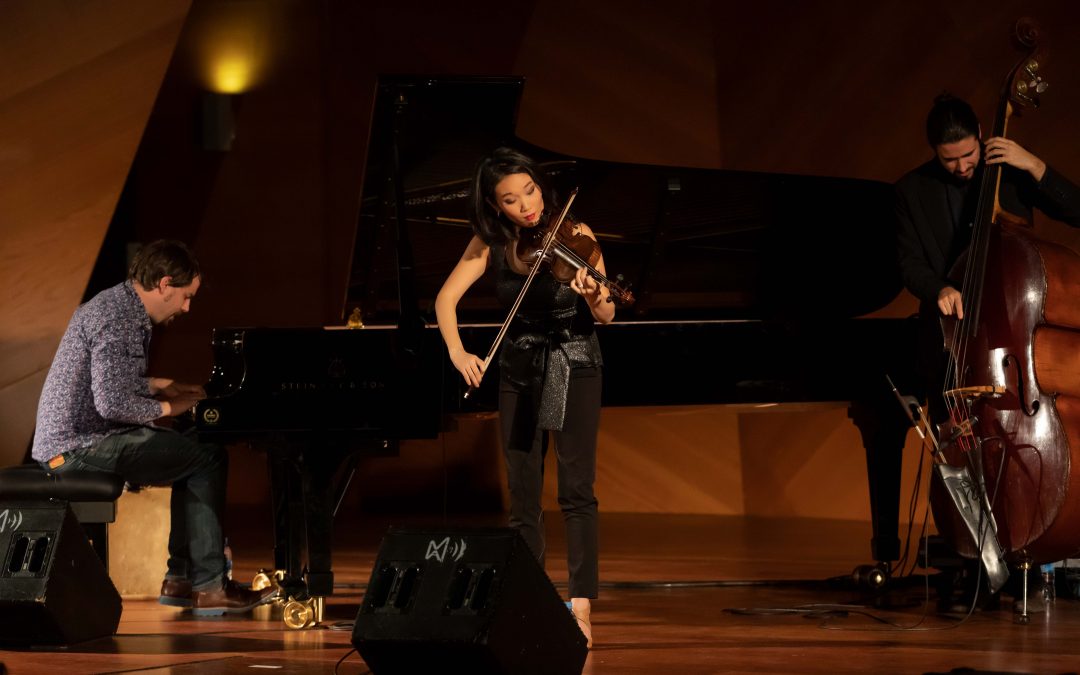
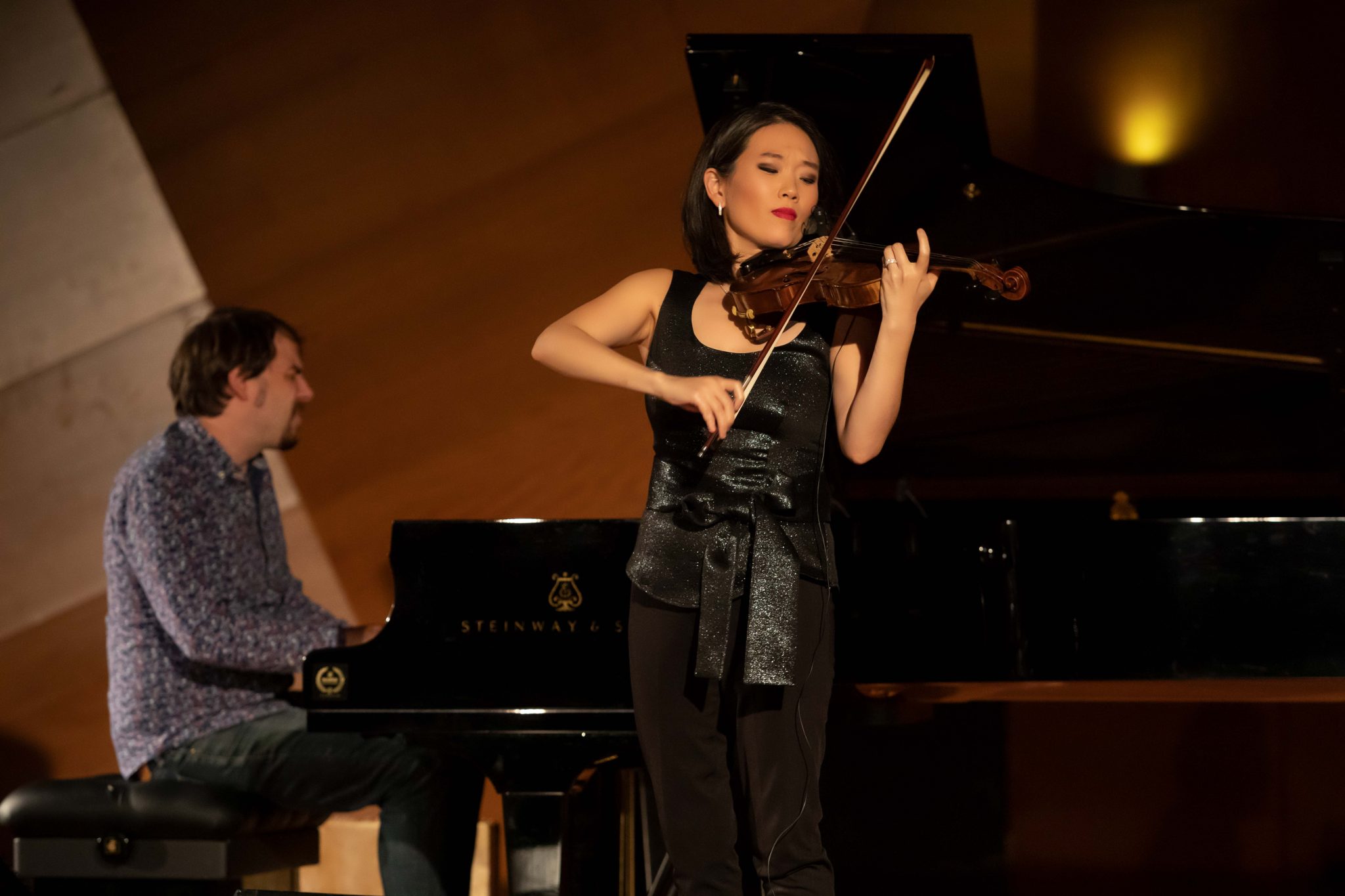
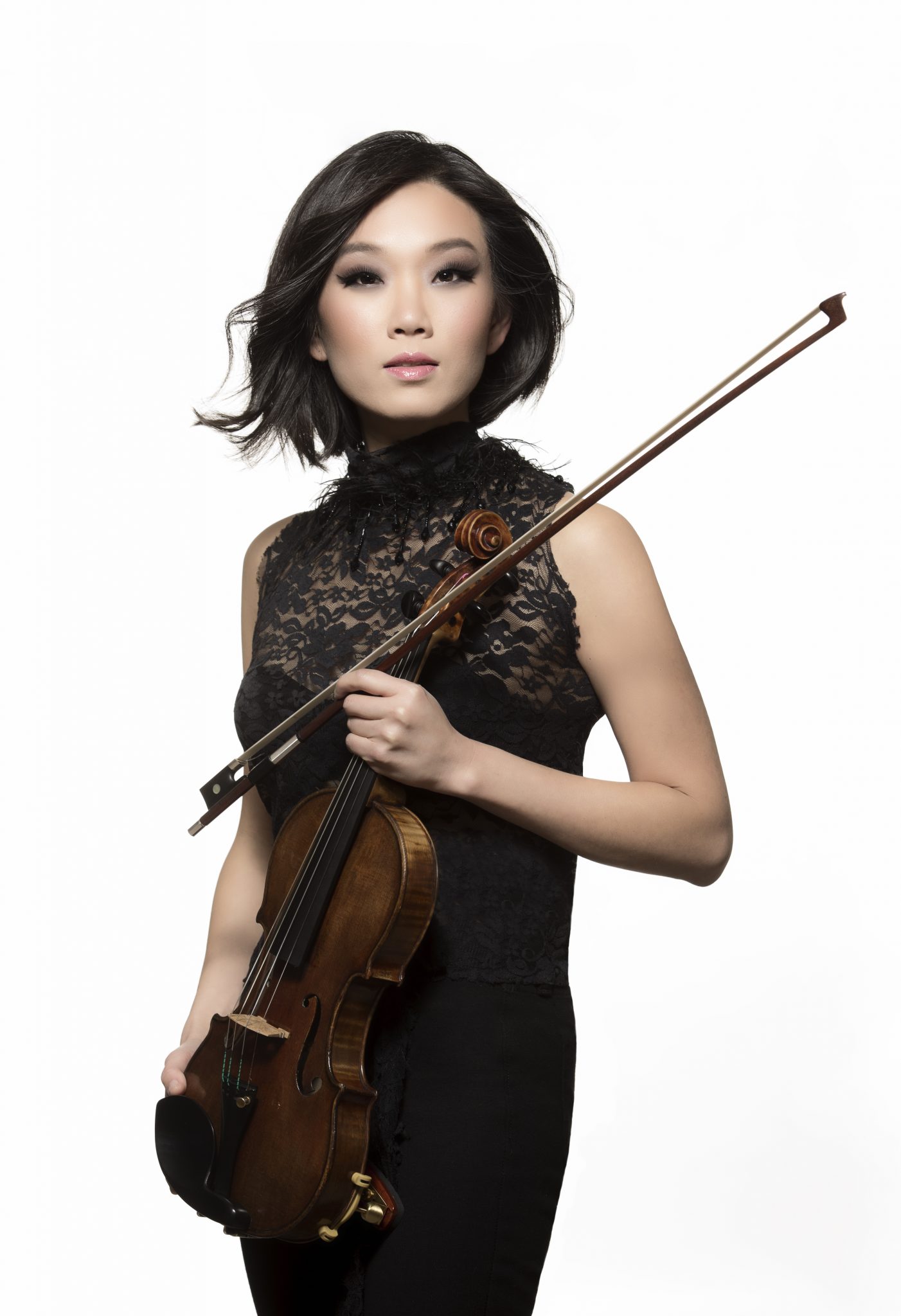
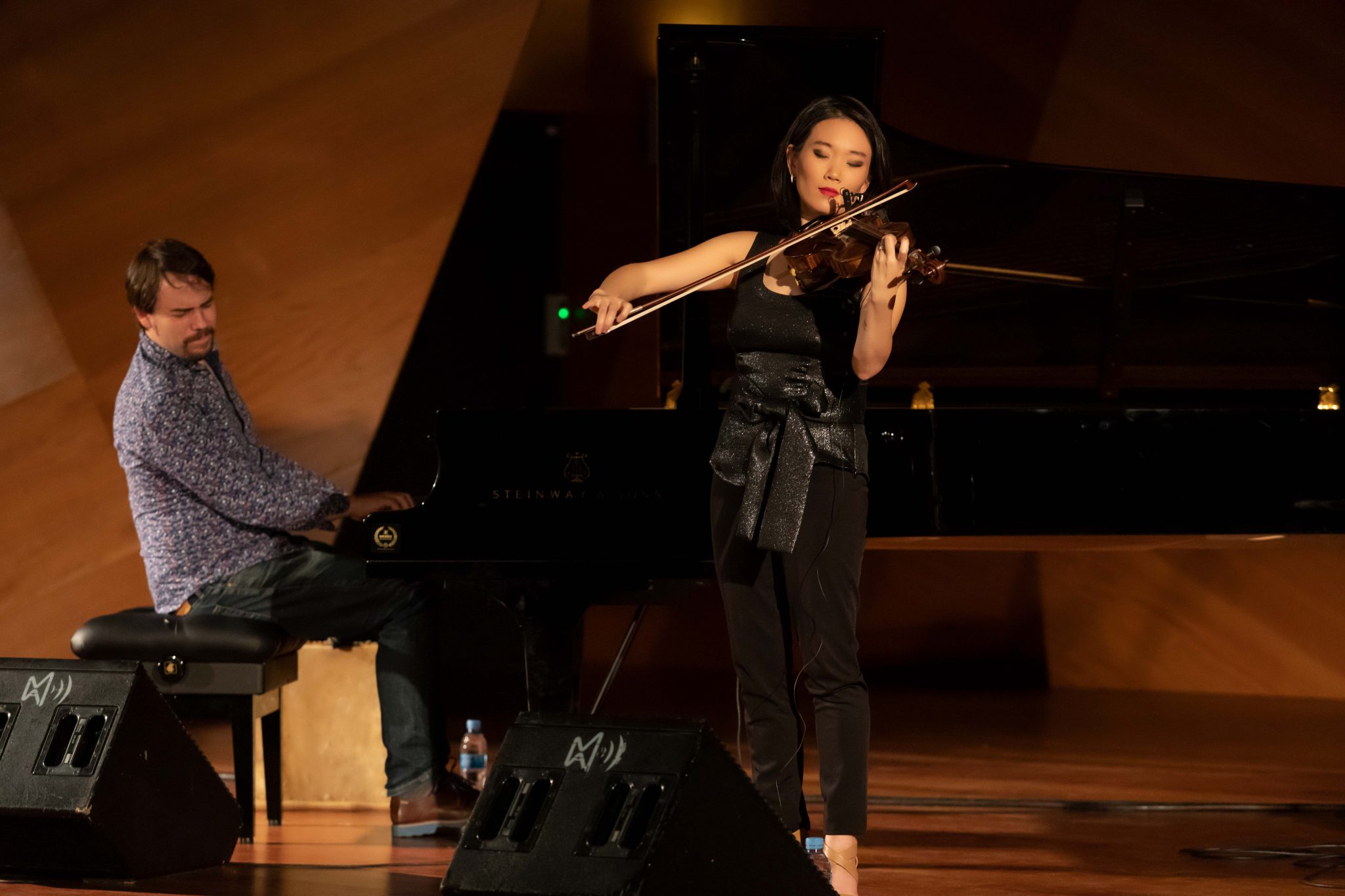
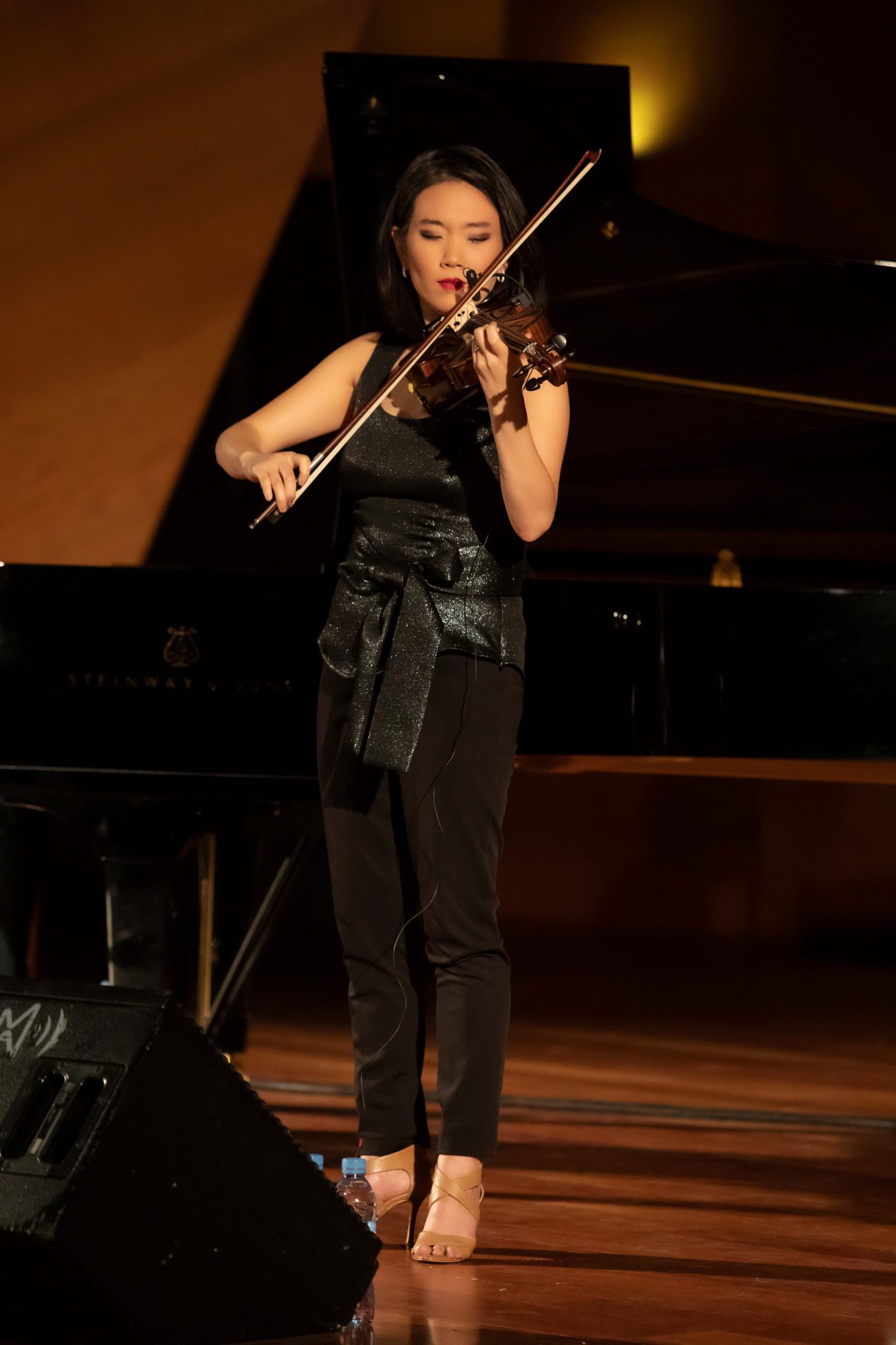

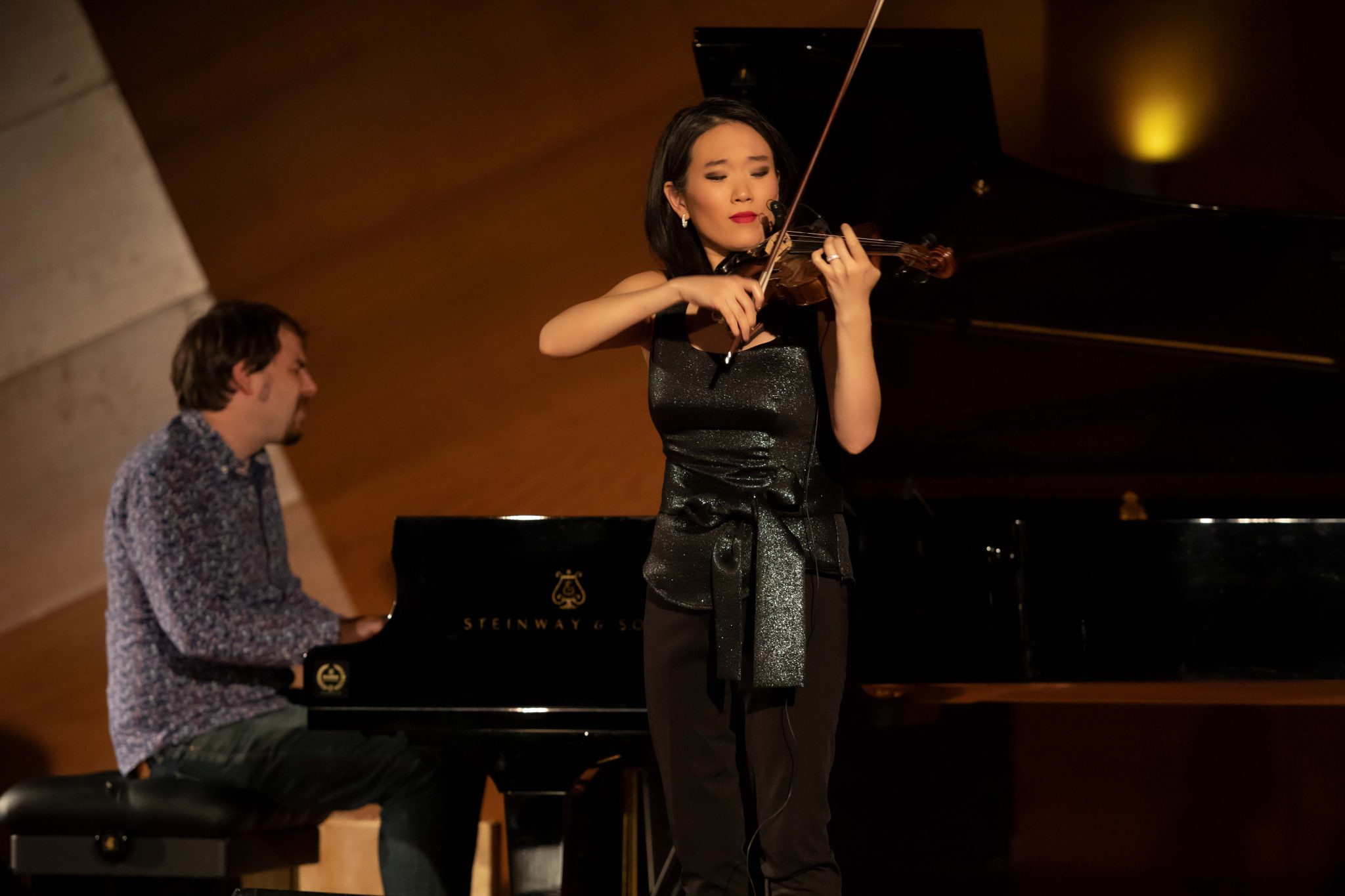
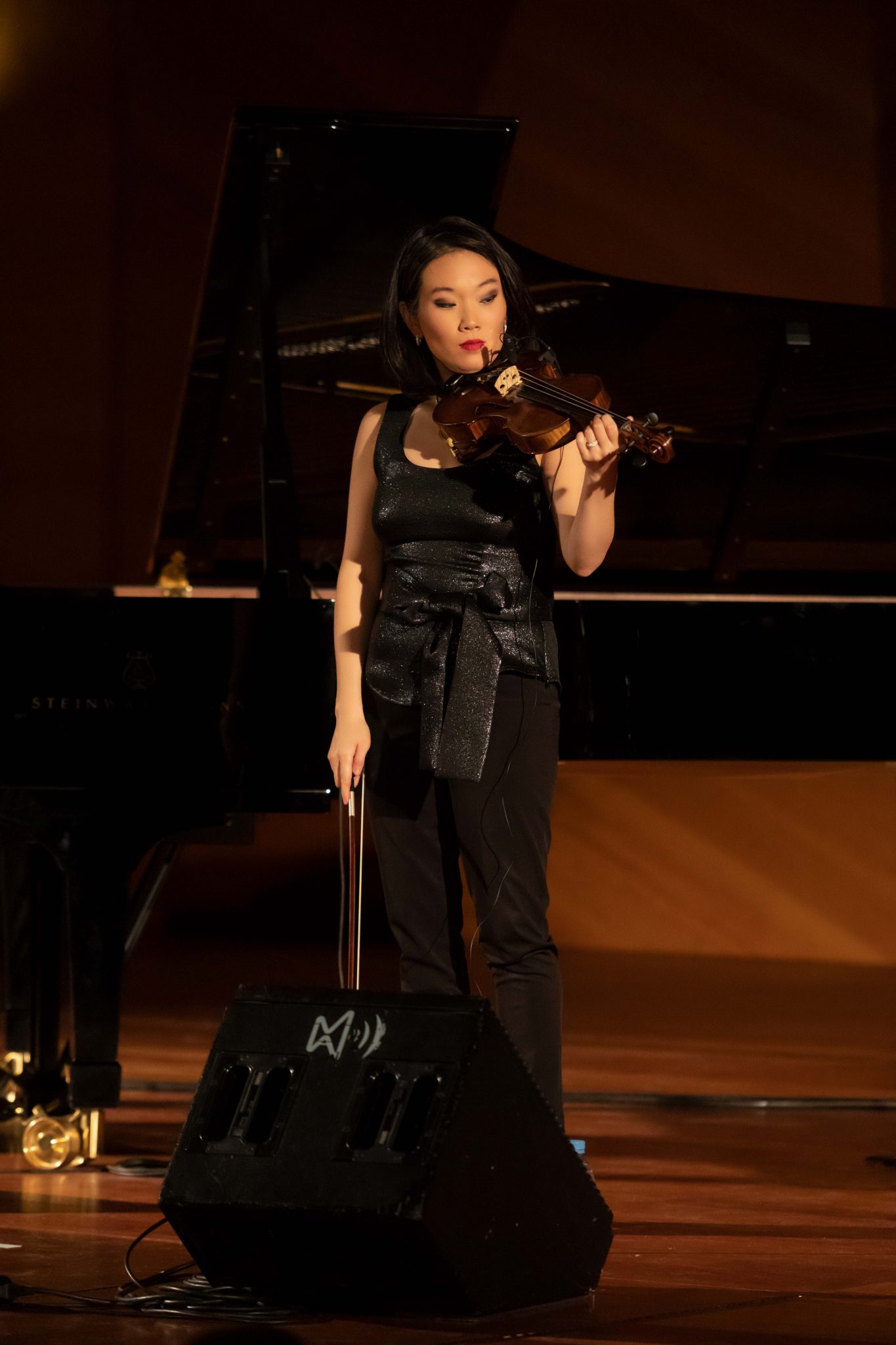
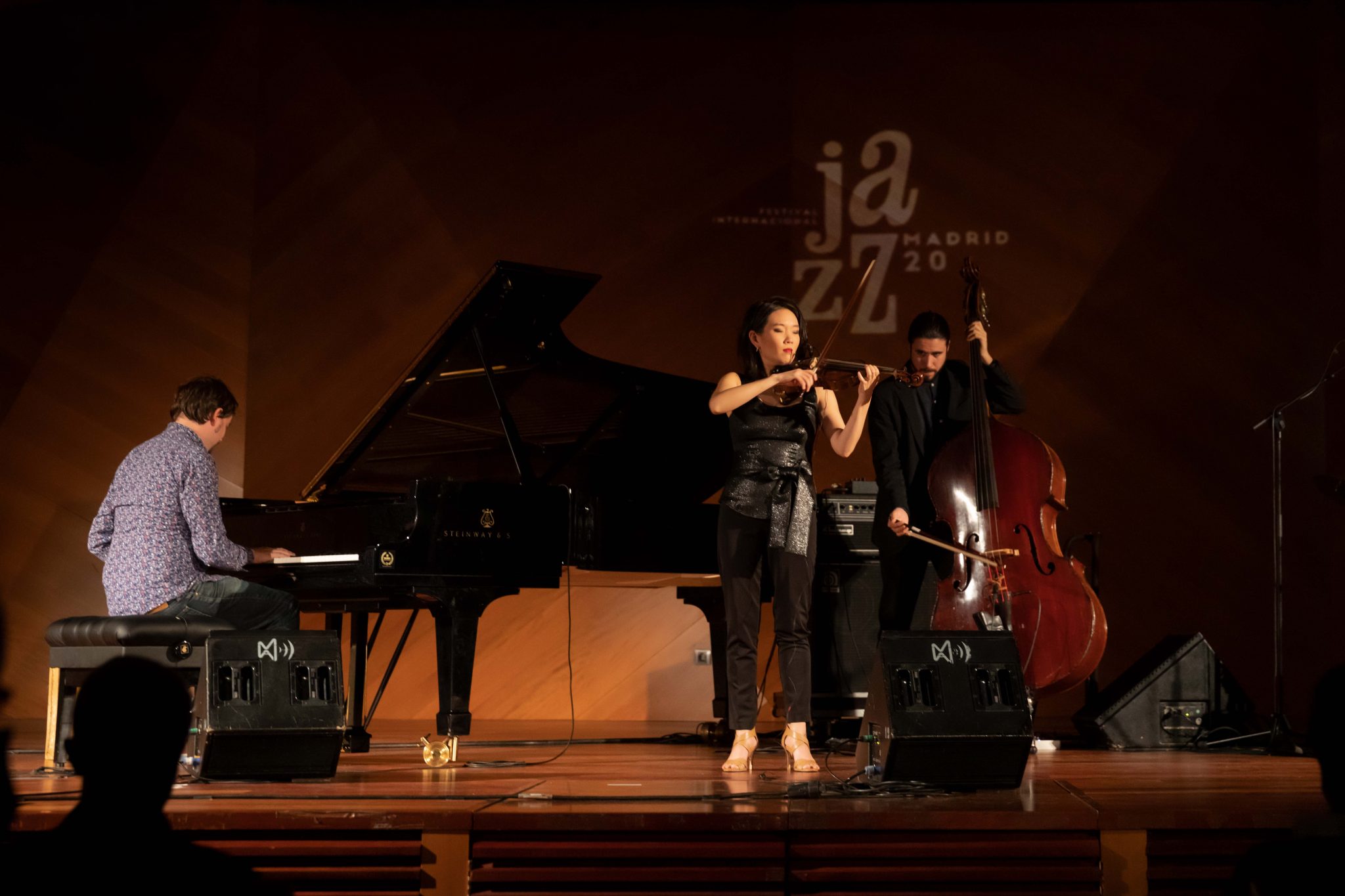

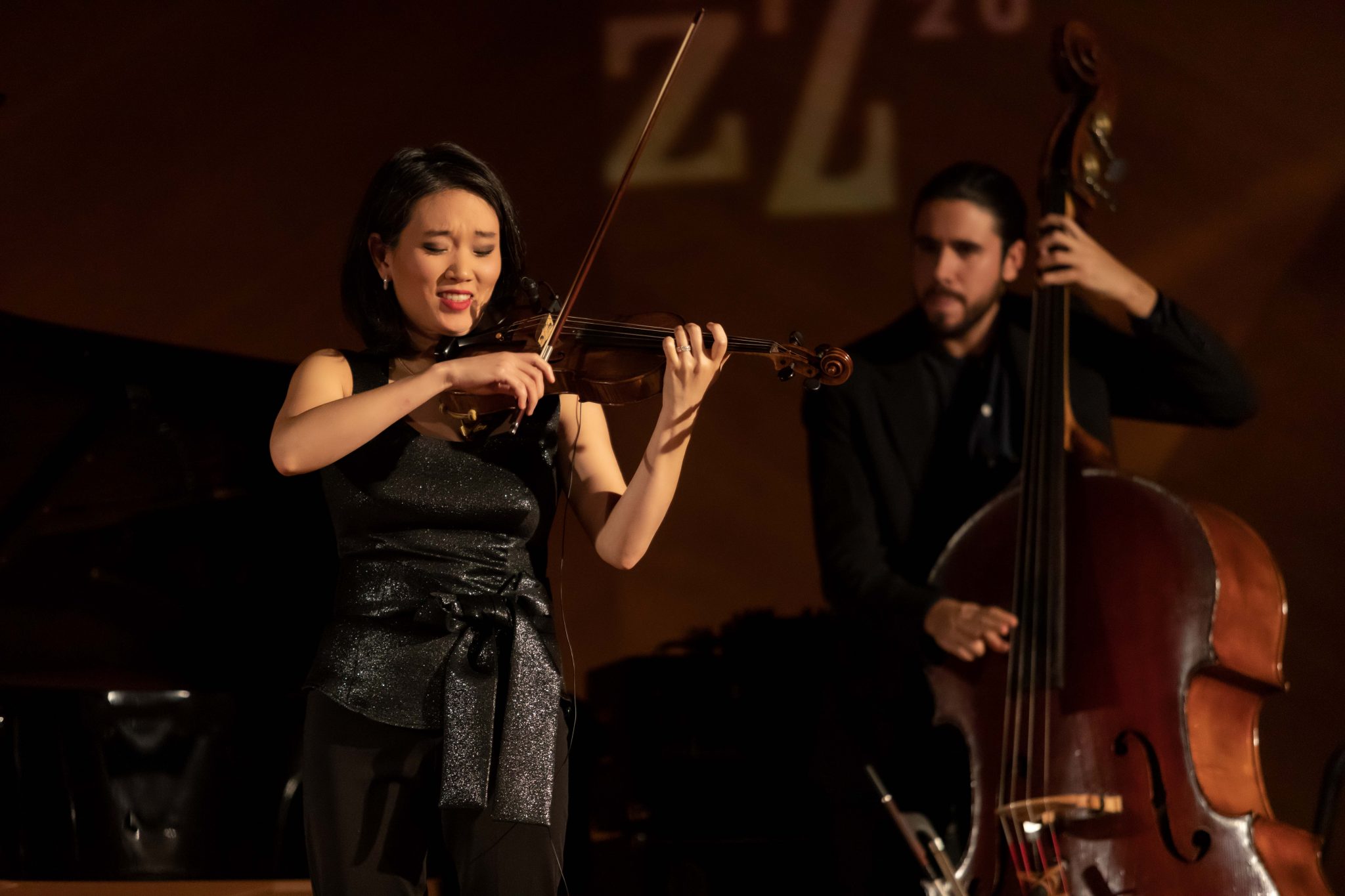



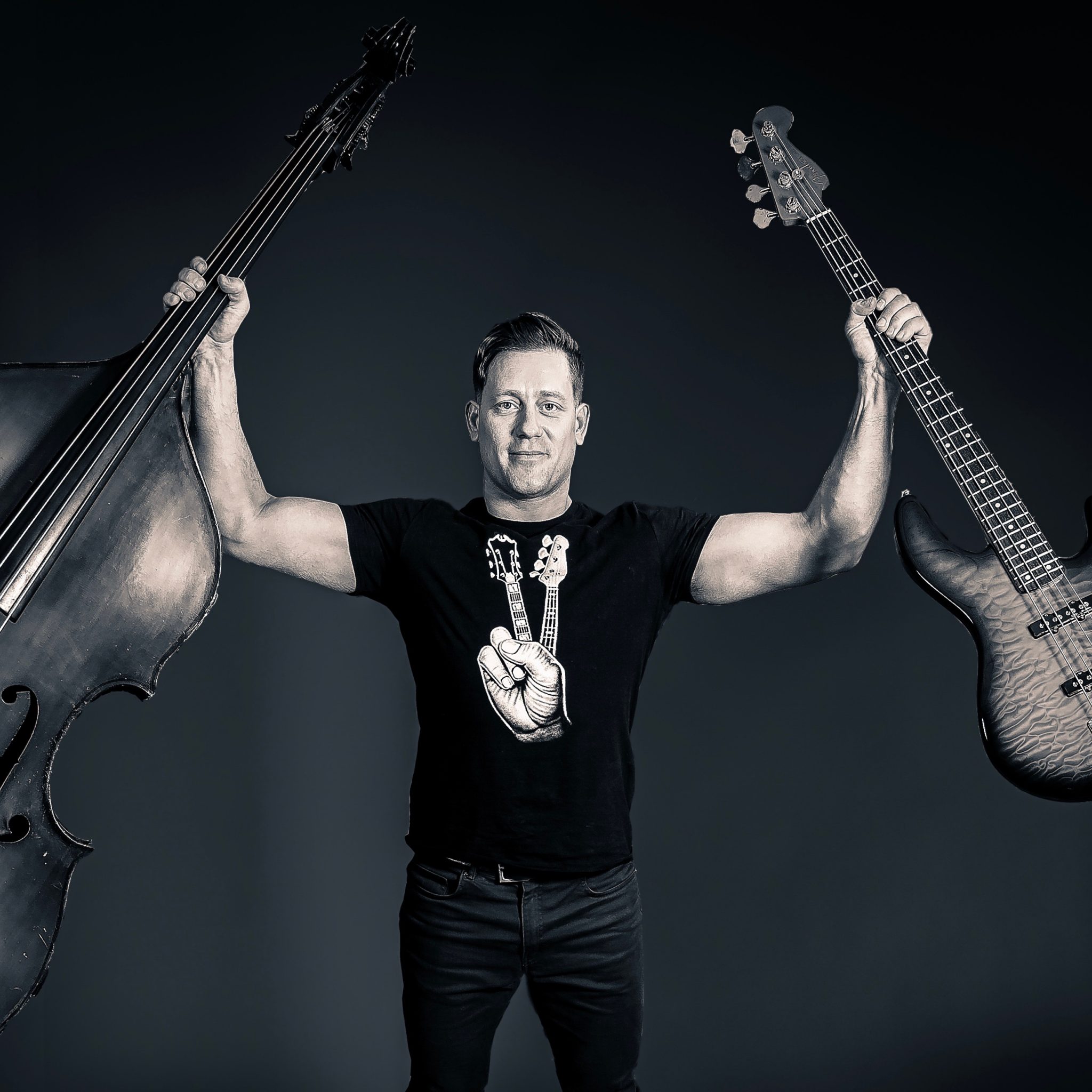
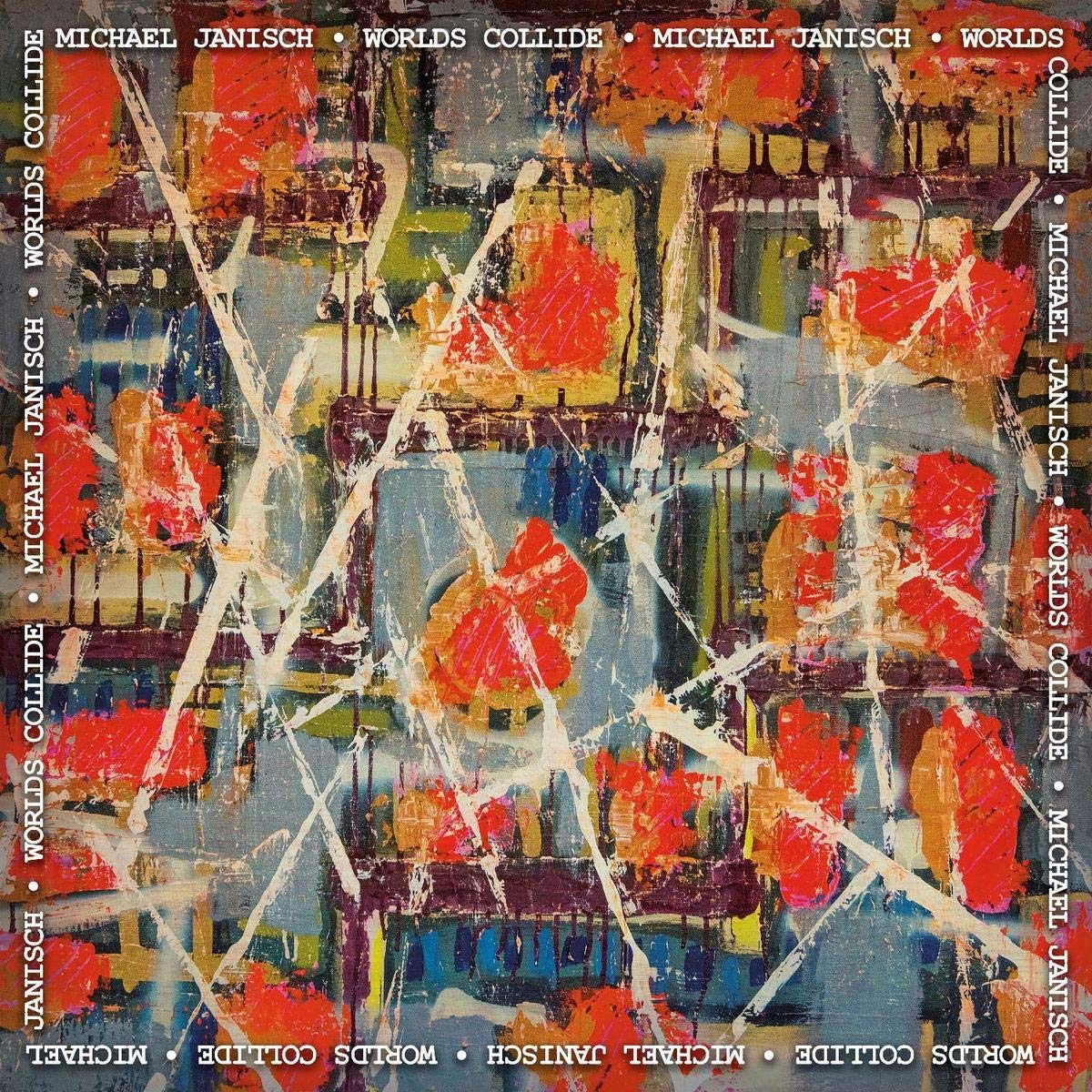
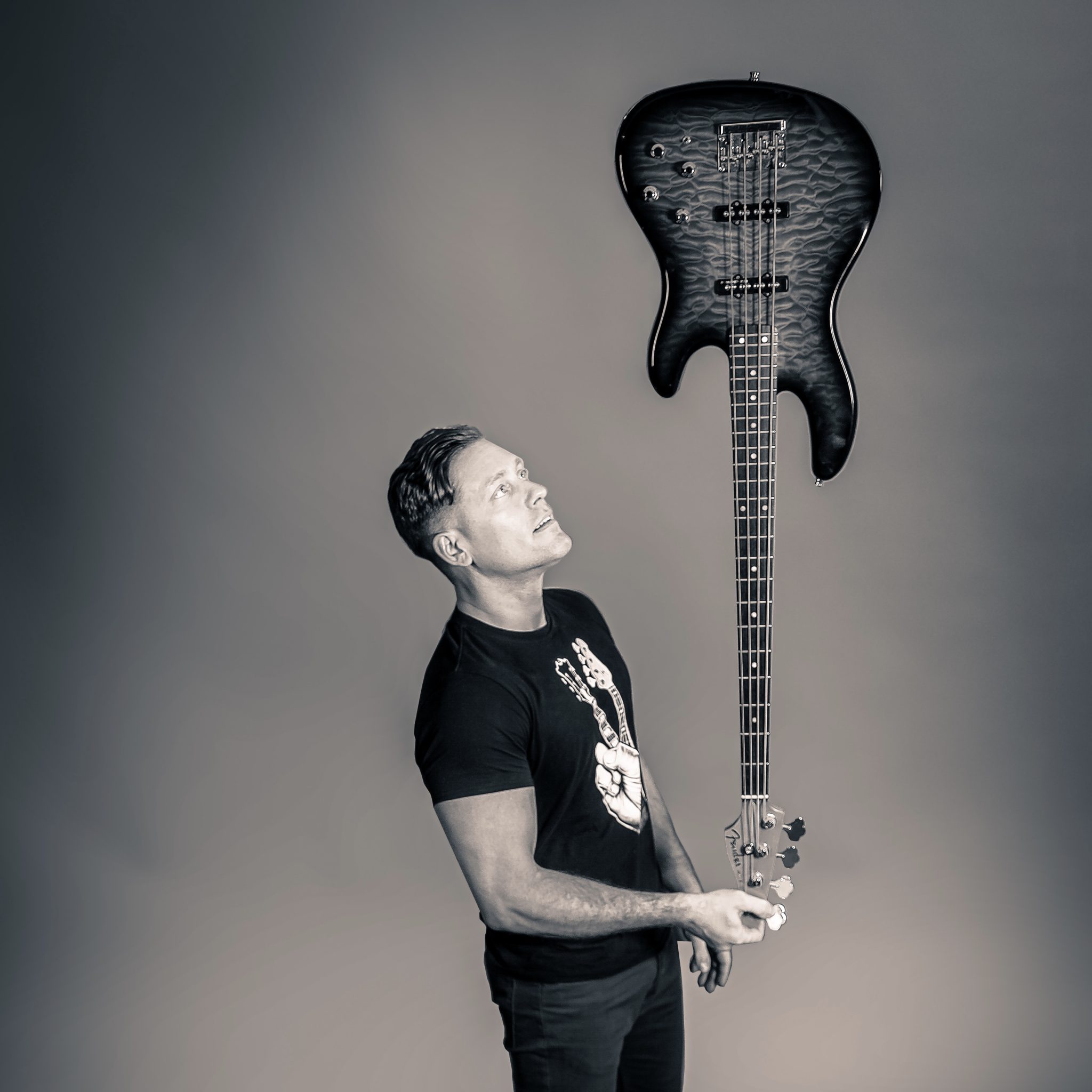
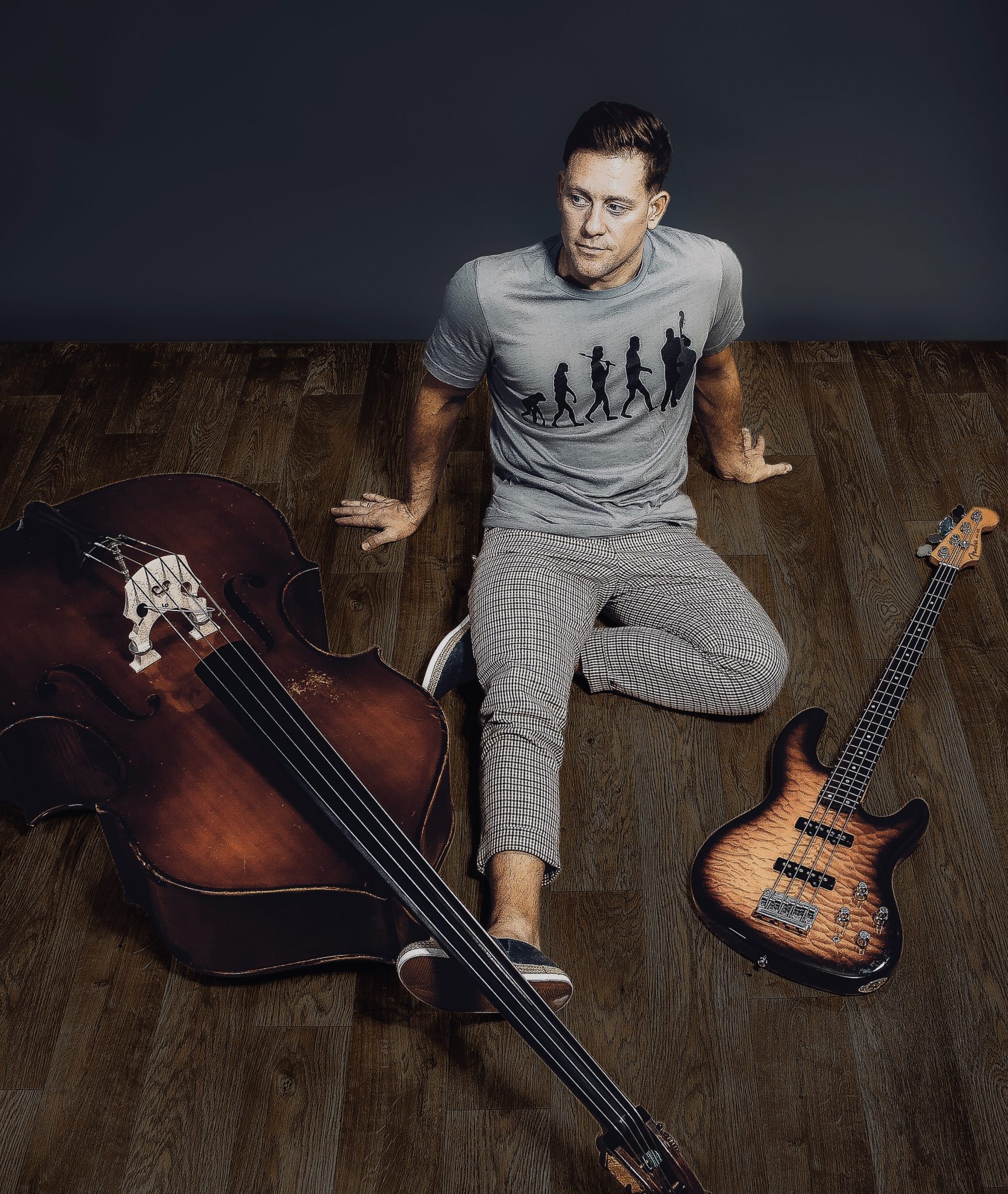
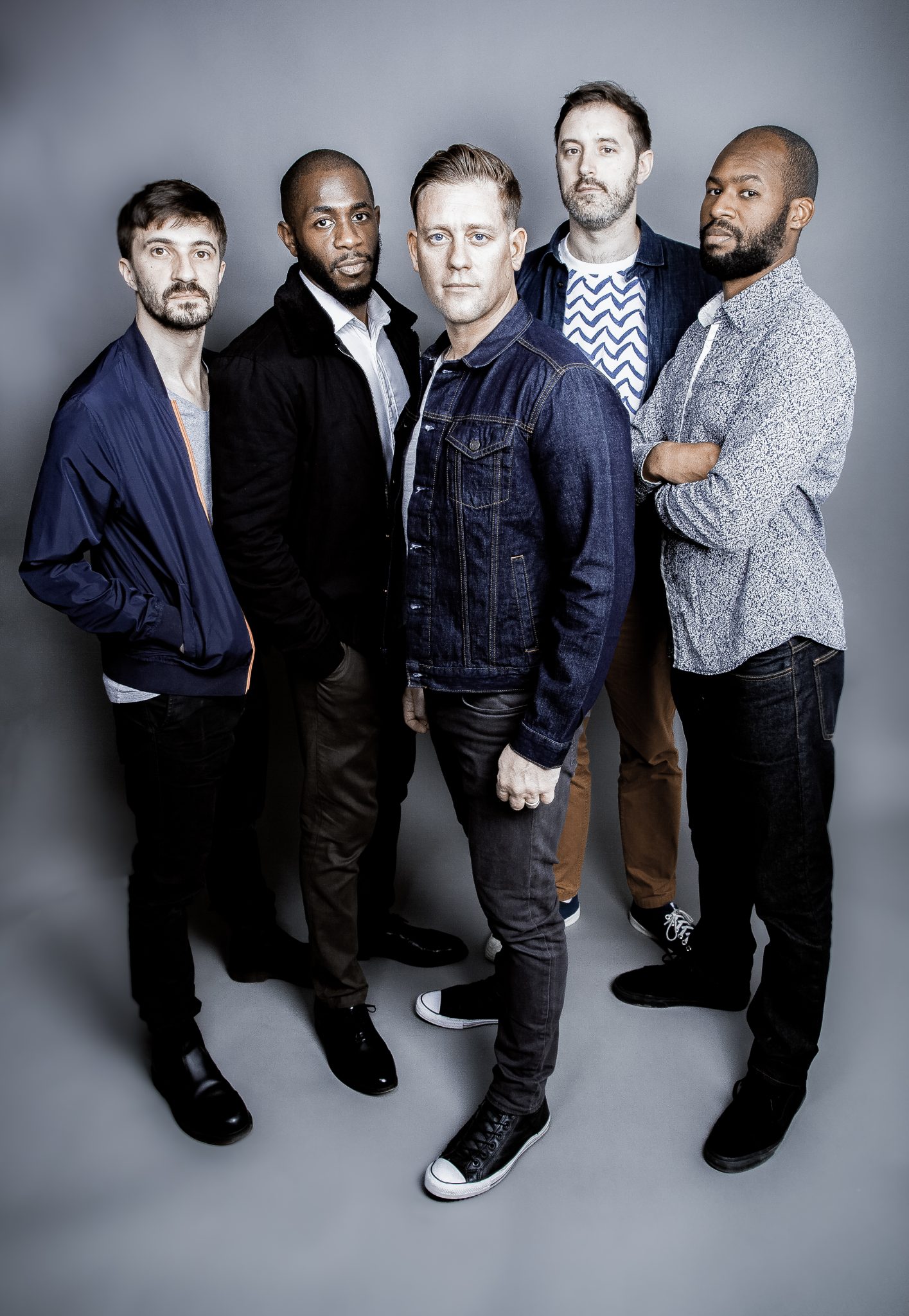
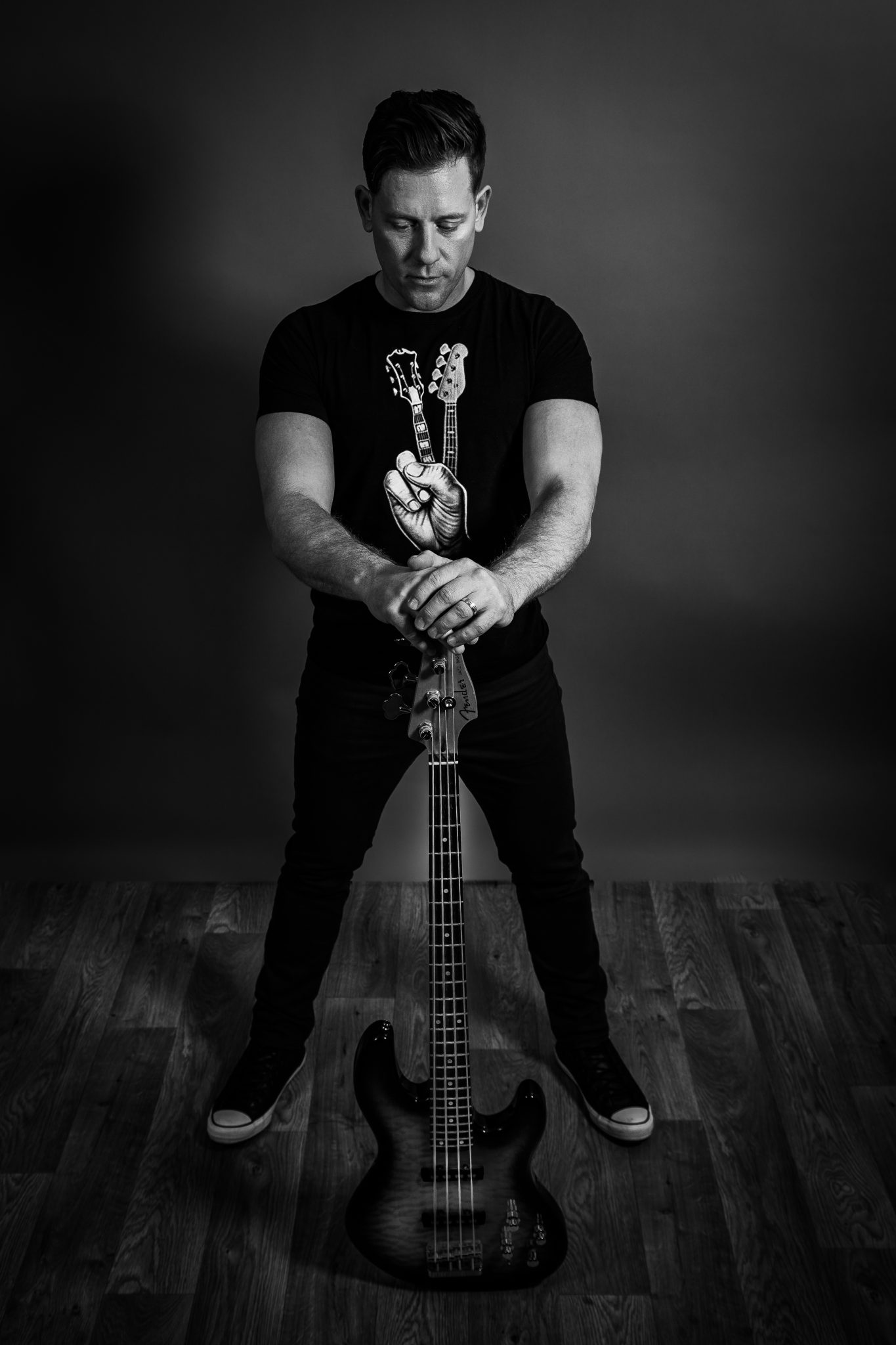
Comentarios recientes